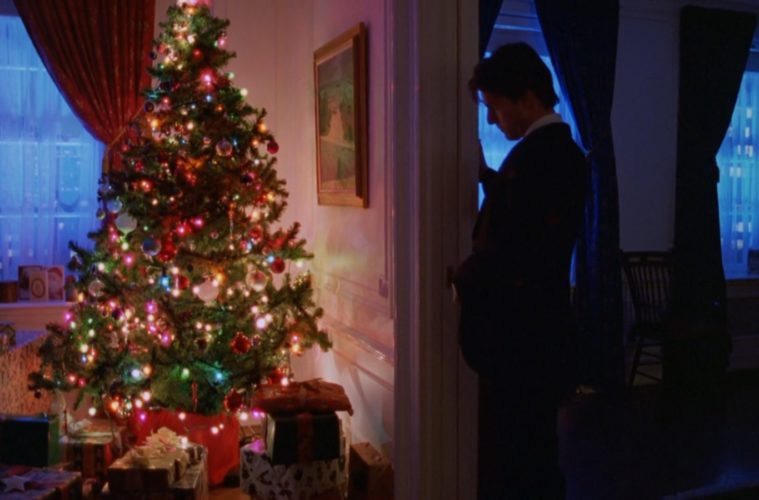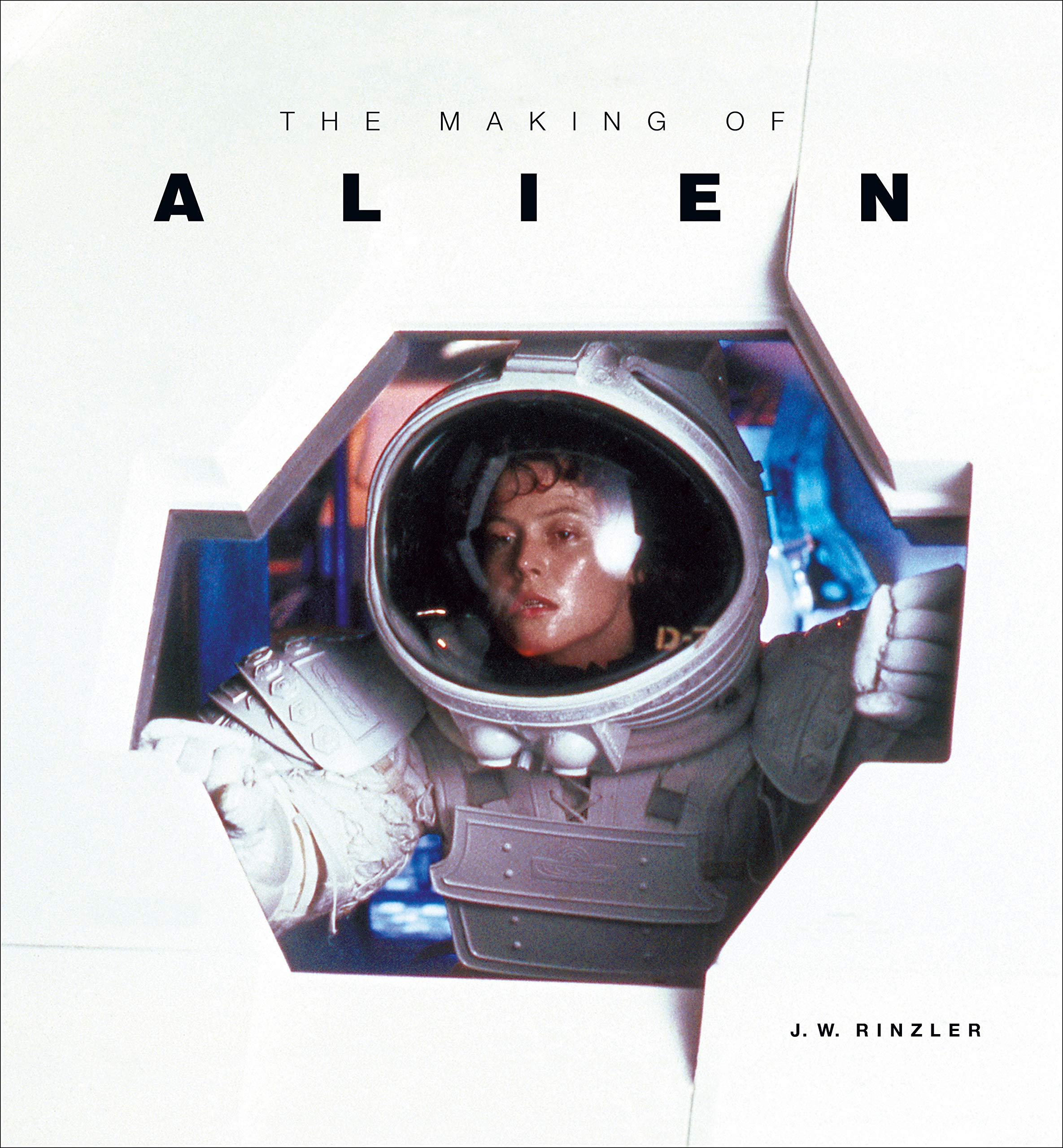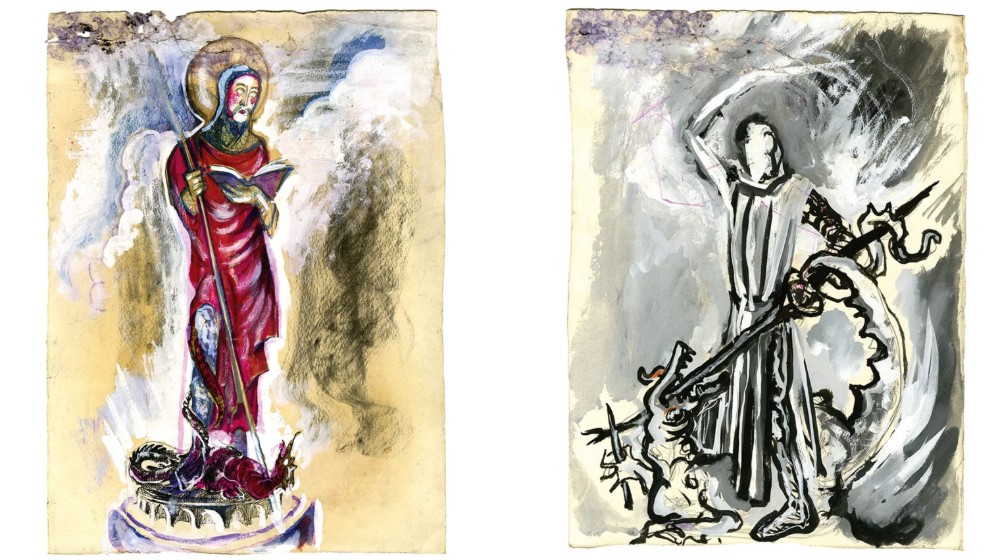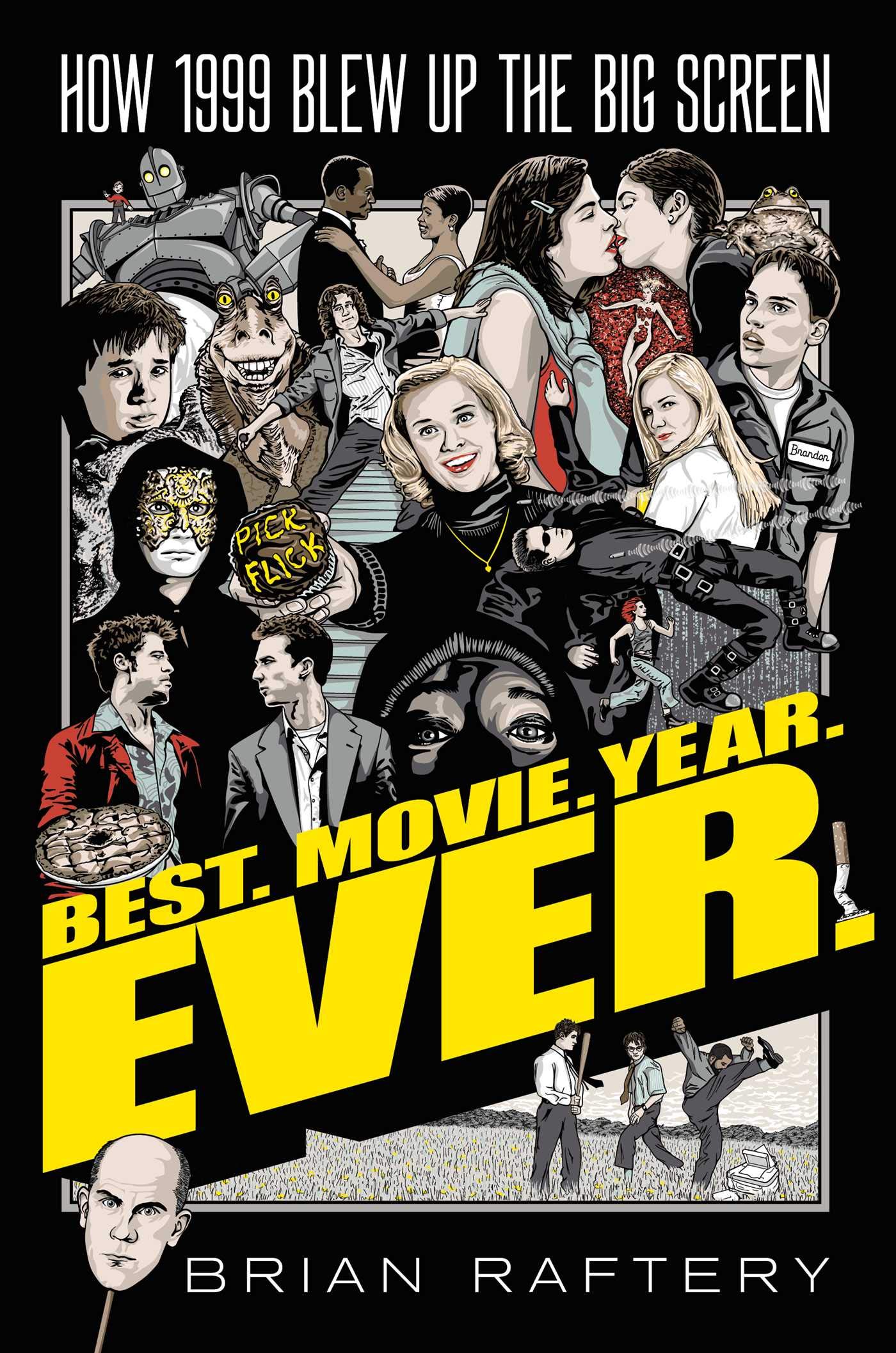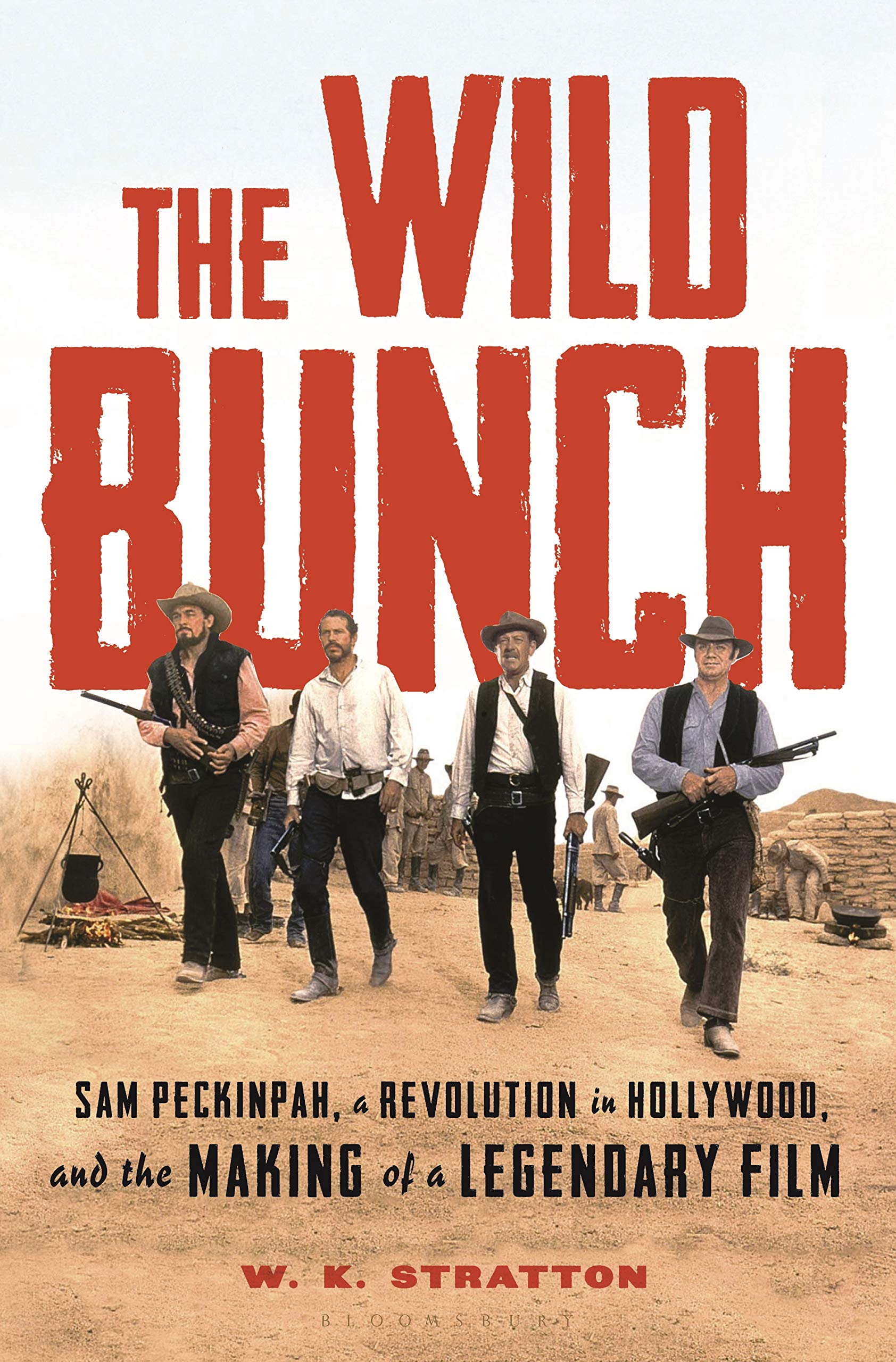The holidays are upon us, so whether you looking for film-related gift ideas or simply want to pick up some of the finest the year had to offer in the category for yourself, we have a gift guide for you. Including must-have books on filmmaking, the best from The Criterion Collection, Kino Lorber, and more home video picks, apparel, subscriptions, games, music, and more, dive in below. The guide is also available on Amazon.
Books
Eyes Wide Shut: Stanley Kubrick and the Making of His Final Film by Robert P. Kolker and Nathan Abrams (Oxford University Press)
The critical reevaluation of Eyes Wide Shut in the twenty years (!) since its release has been a joy to behold for those who adored the film at first sight. Perhaps the most welcome and necessary element of that reappraisal has arrived in the form of Eyes Wide Shut: Stanley Kubrick and the Making of His Final Film. The book is an immaculately researched account of the film’s creation—from Kubrick’s initial interest in Schnitzler’s Traumnovelle to the lengthy production—and beyond. The analysis of its themes and meaning is strong, as its exploration of Eyes Wide Shut’s “afterlife”: “Like all of Kubrick’s films, Eyes Wide Shut is settling into the cultural unconscious.” – Christopher S.
The Irishman: The Making of the Movie (Assouline)
While a Blu-ray release of The Irishman isn’t guaranteed (though the forthcoming Roma release from The Criterion Collection has us hopeful), if one wants something tangible as it relates Martin Scorsese’s mob epic, a stunning new making-of book has arrived. While it’ll set you back a pretty penny, the 240-page book (with over 200 photos) features special on-set photography and studio portraits by Brigitte Lacombe, unit photography by Niko Tavernise, and a text by author and film critic Tom Shone. So, if you aren’t an awards voter that may be getting it for free, we’re glad it’s been made available to the public.
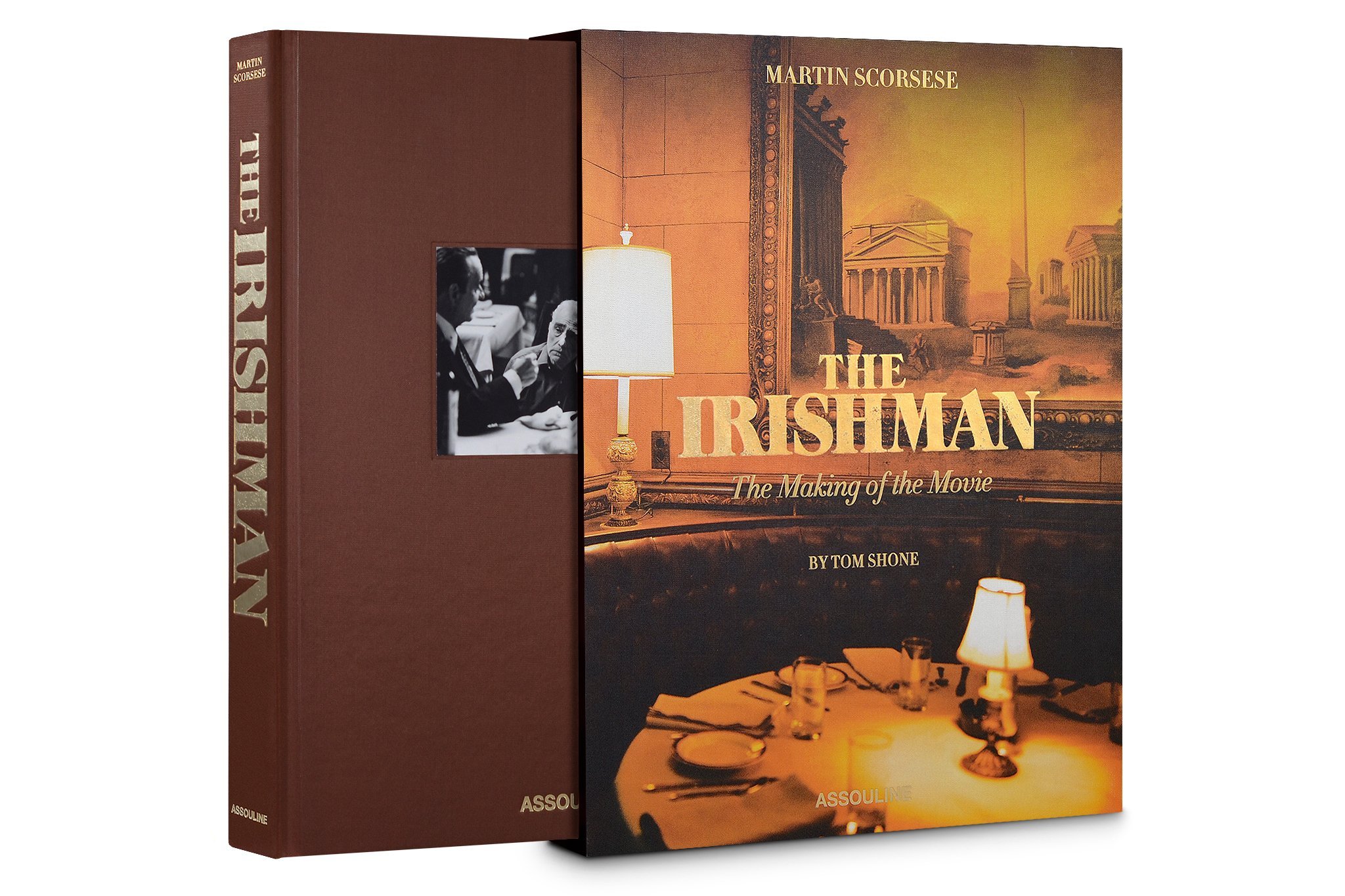
Also, Charles Brandt’s expansive, heavily-researched book I Heard You Paint Houses (the basis for The Irishman) is a must-read and an entirely different beast than Scorsese’s film, featuring more details of Frank Sheeran’s WWII experiences and the mob life to follow (from the man himself, on his death bed), with even a meta addition discussing the film to come. – Jordan R.
The Making of Alien by J.W. Rinzler (Titan Books)
J.W. Rinzler’s books on the original Star Wars trilogy rank among the finest making-ofs in recent decades. And few films are more befitting of the Rinzler treatment than Ridley Scott’s Alien. This beautifully designed text from Titan Books is bursting with illustrations and behind-the-scenes photos, as well as stories of the difficulties Scott faced making the film. There are also absurdly lovely details, like Harry Dean Stanton happily playing guitar while waiting for the filming of the “chestburster” scene. While the stories are a highlight, nothing tops the photography. Perhaps greatest of all is one of the final images in the book, a simple black and white shot of Sigourney Weaver in makeup at Shepperton Studios. She is young, focused, yet also clearly unaware of how her life as about to change. Who would have known what was to come? The answer is no one. But Rinzler does a fine job of showing why, exactly, Alien became one of cinema’s greatest creations. – Christopher S.
Batman: The Definitive History of the Dark Knight in Comics, Films, and Beyond by Andrew Farago and Gina McIntyre (Insight Editions)
The most gorgeously designed, exhaustively researched comic book-centric book I’ve seen this year is certainly Batman: The Definitive History of the Dark Knight in Comics, Films, and Beyond, from Insight Editions. It features nearly 400 pages of character designs, comic covers, film stills, and production photographs from the Caped Crusader’s long, storied history. And like many of Insight’s books, it also features unique extras—including, among others, a paper Bat-mask. Most interesting is the deep dives into the productions of Burton and Nolan’s films, and also how they connect to the work of Alan Moore and Frank Miller. This is a doorstop-sized keepsake and a must-read for Dark Knight fans.
My Mother Laughs by Chantal Akerman (The Song Cave)
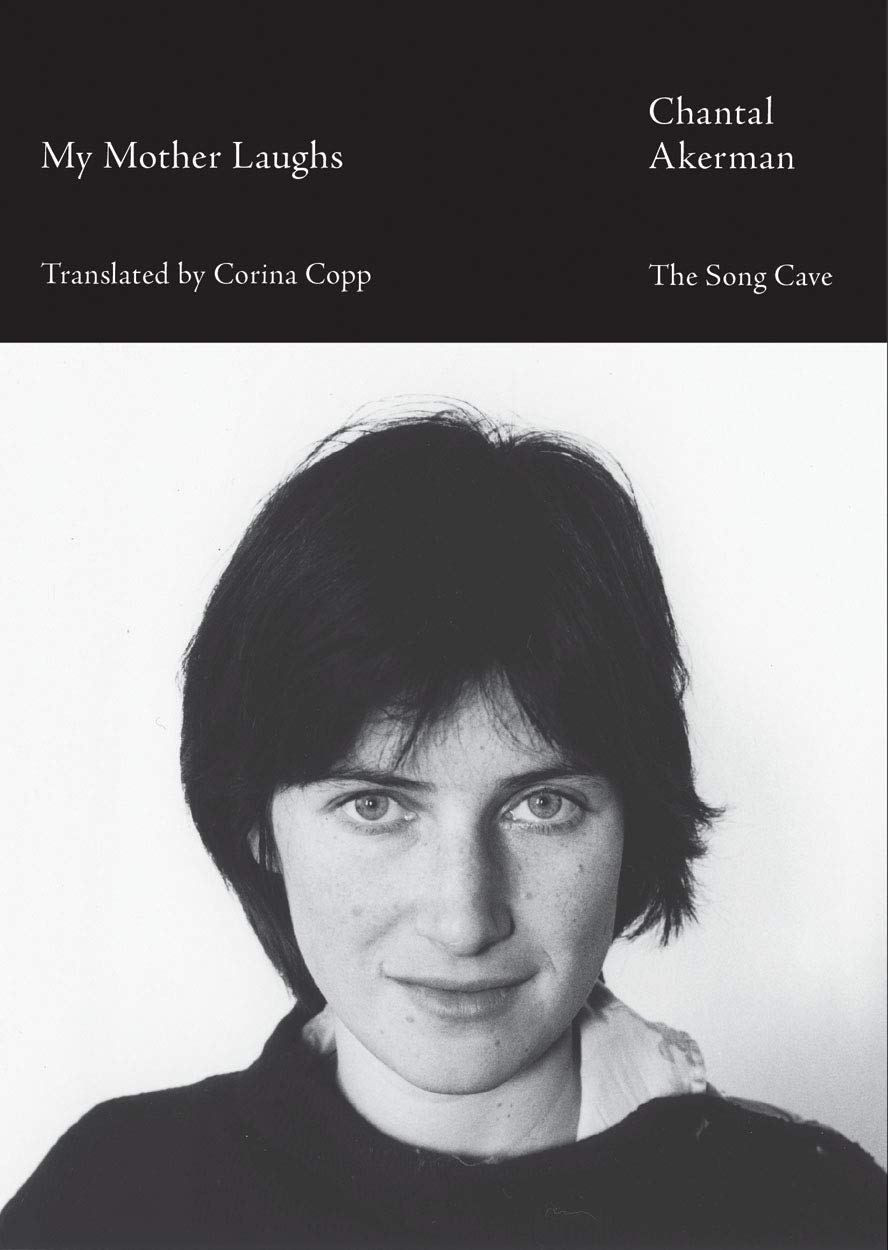
The sudden death of filmmaker Chantal Akerman in 2016 was a tragedy. However, she left behind an unmatched filmography, including her 1975 masterpiece Jeanne Dielman, 23 Quai du Commerce, 1080 Bruxelles. She also left a moving memoir, My Mother Laughs, authored just before her passing. It is an often painful read—“I had had enough of all of these survivor stories,” she writes. “For years, I was consumed by them. Now I had had enough.” It’s a somber experience, but also a reminder that Akerman’s voice was utterly unique. – Christopher S.
Orson Welles Portfolio by Simon Braund (Titan Books)
We are in the midst of a glorious Orson Welles renaissance following Netflix’s release of The Other Side of the Wind and the documentary They’ll Miss Me When I’m Dead, making the release of Orson Welles Portfolio a timely one. This collection of the director/actor/writer/bon vivant’s sketches is wondrously illuminating. Here, we see costume designs for his Faustus, random storyboards, humorous illustrations of tourists, and, most delightfully, his Christmas cards. Yes, Orson Welles was a genius illustrator as well. – Christopher S.
When the Movies Mattered: The New Hollywood Revisited edited by Jonathan Kirshner and Jon Lewis (Cornell University Press)
The recent, endlessly asinine Scorsese vs. Marvel controversy was unpleasant for anyone who cares about cinema. It did, however, offer a reminder of the wonders of the New Hollywood movement in American cinema. The recent essay collection When the Movies Mattered: The New Hollywood Revisited features ten insightful contributions from a murderer’s row of writers—J. Hoberman, Molly Haskell, David Thomson. Subjects vary from Zabriskie Point and Chinatown to Rocky and The Killing of a Chinese Bookie. The effect is both uplifting and somber; the Hollywood of today could not seem more different.
Find Me by André Aciman (Farrar, Straus and Giroux)
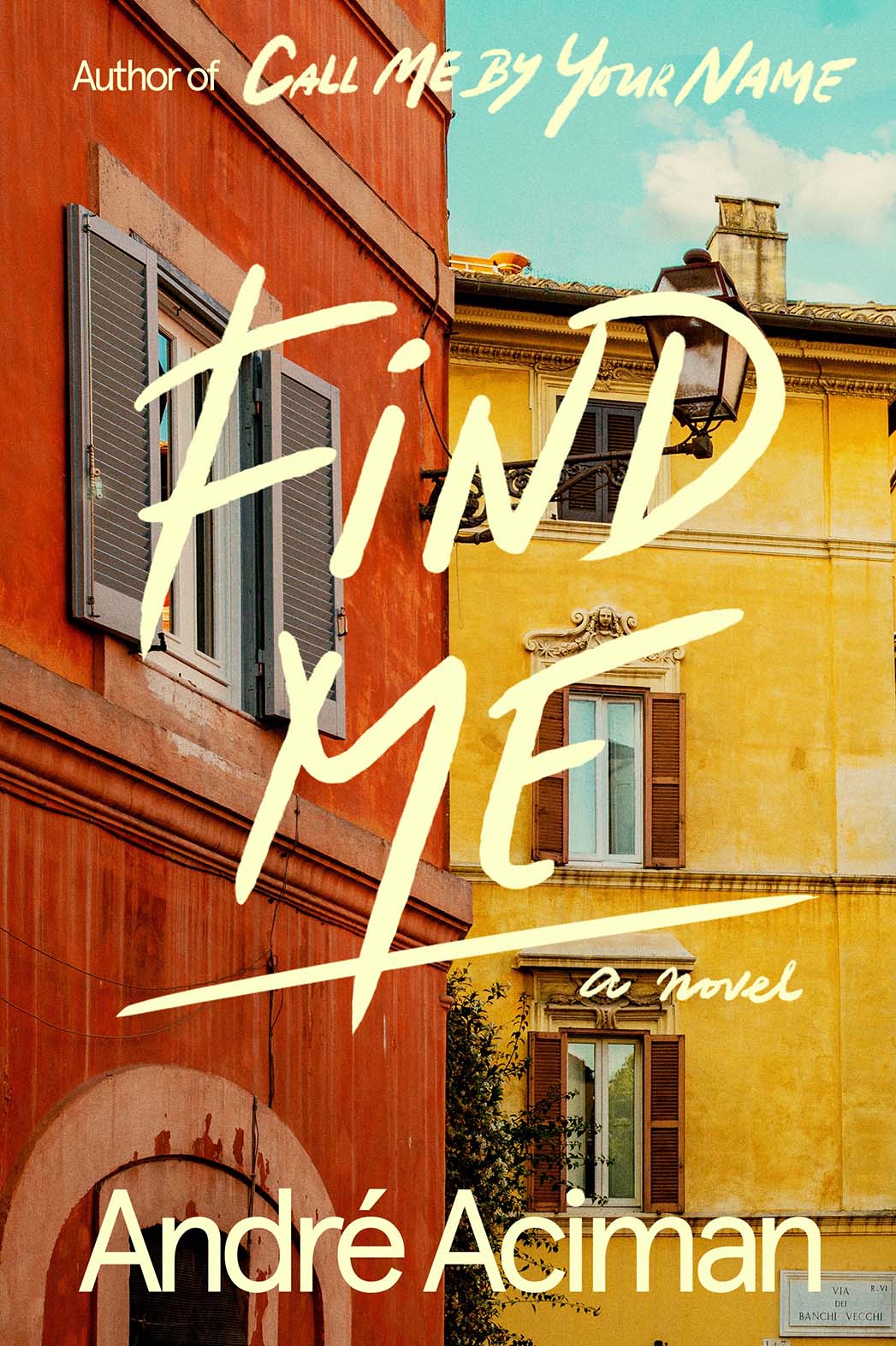
André Aciman published his stunning, richly emotional novel Call Me by Your Name back in 2007, but it wasn’t until ten years later, when Luca Guadagnino adapted it into his acclaimed feature film, that it gained an entirely new audience. Now, due to popular demand, a follow-up novel has been released just a few years following the film. The structure of Aciman’s sequel, which we won’t spoil here, may surprise those hoping for strictly more romance between Oliver and Elio (even though the final moments of the original novel suggested we probably won’t be getting that), but the stories within are ones of staggering beauty and reveal intricacies of the heart. If Guadagnino ends up making his much-discussed sequel down the road, we imagine he’ll follow a different path than adapting this book and one will be able to cherish both. And if you want to guarantee a cry, Michael Stuhlbarg has narrated the audiobook version of Find Me. – Jordan R.
Best. Movie. Year. Ever. How 1999 Blew Up the Big Screen by Brian Raftery (Simon & Schuster)
This year has seen countless looks at the cinema 1999, and with good reason. It seems almost impossible to imagine a 12-month span that saw the release of such varied gems as The Matrix, Election, Being John Malkovich, Office Space, Fight Club, Magnolia, Boys Don’t Cry, The Limey, Rushmore, and The Virgin Suicides—not to mention Stanley Kubrick’s Eyes Wide Shut. All of the aforementioned films are documented in Brian Raftery’s expertly crafted Best. Movie. Year. Ever. And, of course, he also includes Star Wars: Episode I — The Phantom Menace, American Beauty, and, er, Varsity Blues. It is a window into a very different cinematic universe—pre-Marvel, pre-iPhone, the cusp of Netflix. Raftery captures exactly what made 1999 unique, and why we now see it as the year that changed everything. – Christopher S.
Two from Columbia University Press: Twin Peaks: Fire Walk With Me and The Fly
The “Devil’s Advocates” series from Columbia University Press might be the most consistent ongoing analysis series there is. What’s especially nice is that even though horror is the focus, many of the releases dip into other genres. Cases in point: Twin Peaks: Fire Walk With Me by Lindsay Hallam and The Fly by Emma Westwood. Hallam’s analysis of Peaks is spectacularly insightful, particularly her investigation of the film as a study of deep trauma. And Westwood brilliantly configures The Fly’s legacy as both a remake that improves upon the original and is an audacious exploration of metamorphosis. – Christopher S.
The Wild Bunch: Sam Peckinpah, a Revolution in Hollywood, and the Making of a Legendary Film by W.K. Stratton (Bloomsbury)
There has been much written about the life and career of Sam Peckinpah, the tremendously talented, ever-controversial filmmaker behind violent studies of masculinity like Straw Dogs. W.K. Stratton’s The Wild Bunch: Sam Peckinpah, a Revolution in Hollywood, and the Making of a Legendary Film, is an essential addition to the Peckinpah bookshelf. His vivid account of the hugely difficult creation of the classic western is engrossing. But just as strong is his analysis of the film’s effect on cinema, culture, and its director’s reputation: “His very name would become associated with action pictures in which violence was unleashed and blood flowed: It’s a Peckinpah kind of movie.” – Christopher S.
Rotten Movies We Love: Cult Classics, Underrated Gems, and Films So Bad They’re Good (Running Press)
The Rotten Tomatoes team and many of your favorite Film Twitter folks—Bilge Ebiri, Jessica Kiang, Eric Kohn, K. Austin Collins, Kristen Lopez, Jen Yamato—are represented in this cheerful, delightfully readable collection. What makes Rotten Movies We Love so unique is its level of inclusion. Yes, there are obvious “bad movies,” like Road House, Zardoz, and Cocktail. But also here are lesser movies from master filmmakers—Hook, Marie Antoinette, The Portrait of a Lady. (Count me as a fan of all three.) Any book that celebrates Ishtar and Jennifer’s Body deserves to be devoured.
Get Out: The Complete Annotated Screenplay by Jordan Peele (Inventory Press)
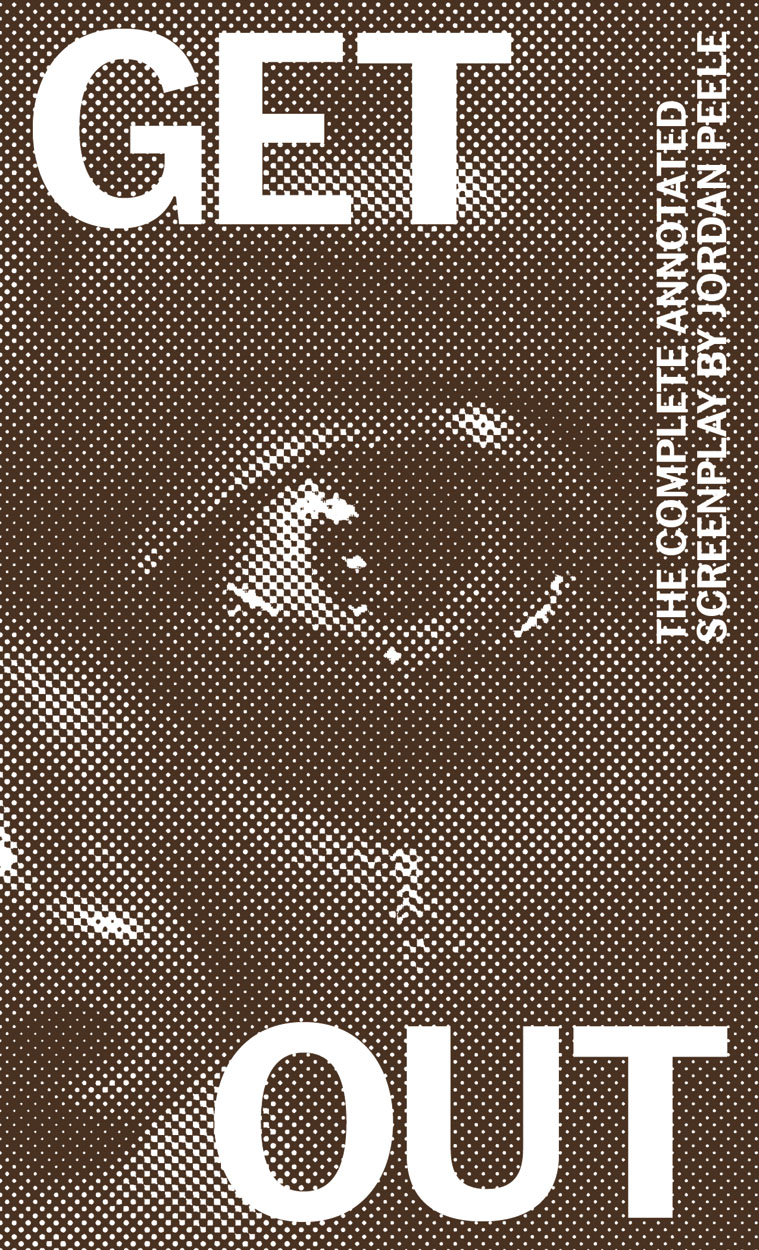
While a number of awards-contending screenplays are available for free each year, it’s rare to get a more polished look at scripts. However, when said film wins an Oscar, there’s a greater chance such a presentation will be made available. Now, almost two years (and another film) later, Jordan Peele’s Get Out script has been given the treatment. As the publisher describes: “Featuring an essay by author and scholar Tananarive Due and in-depth annotations by the director, this publication is richly illustrated with more than 150 stills from the motion picture and presents alternate endings, deleted scenes and an inside look at the concepts and behind-the-scenes production of the film.” – Jordan R.
Peterloo in Process: A Mike Leigh Collaboration by Orla Smith and Alex Heeney (Seventh Row)
Mike Leigh’s bold, ambitious historical drama Peterloo came and went from cinemas rather quietly. But it deserves a close reading, and that arrives thanks to a truly wondrous eBook from the Seventh Row gang. Reading this caused me to revisit the film, and actually change my opinion—and how rare is that? The writing is top-notch; consider this, from Alex Heeney: “Mike Leigh’s Peterloo is a rare story about the fight for a fairer democracy: one of carnage rather than triumph, one that ends with tragedy and unfinished labour rather than success and social change. In other words, despite its broad canvas, including more than a hundred characters acting out historical events, Peterloo is every bit a Mike Leigh film: peppered with flawed, complicated characters, inspirational because it is a story of recognizable people, and nothing like the silk-swishing period pieces that are a staple of British cinema.” – Christopher S.

After exhausting all possibilities when it comes to connecting Kevin Bacon to every other actor, one may be looking for a new kind of game to hit your cinephile sweet spot. It has now arrived with the aptly titled Cinephile: A Card Game. In what is The Criterion Collection of card games, Cinephile presents 150 cards (plus a limited edition expansion pack), each featuring a beautifully-designed illustration of an actor as a character they’ve portrayed, some lesser-known than others. Able to be played solo or in a group, there are multiple game modes for every range of cinephilia and even some user-submitted remixes (the first from yours truly). As a friend of creator Cory Everett, I’ve playtested the game for countless hours the past year-plus with many variations of cinephiles and it’s the most fun you can have outside a movie theater. – Jordan R.
Also, if you have a budding lil’ cinephile and don’t want to raise them solely on a Disney+ diet, pick up some kids shirts featuring the magnificent Andersons (Paul Thomas and Wes) and Scorsese. Simply adorable. Also, there are some general Cinephile shirts if you are a few sizes bigger
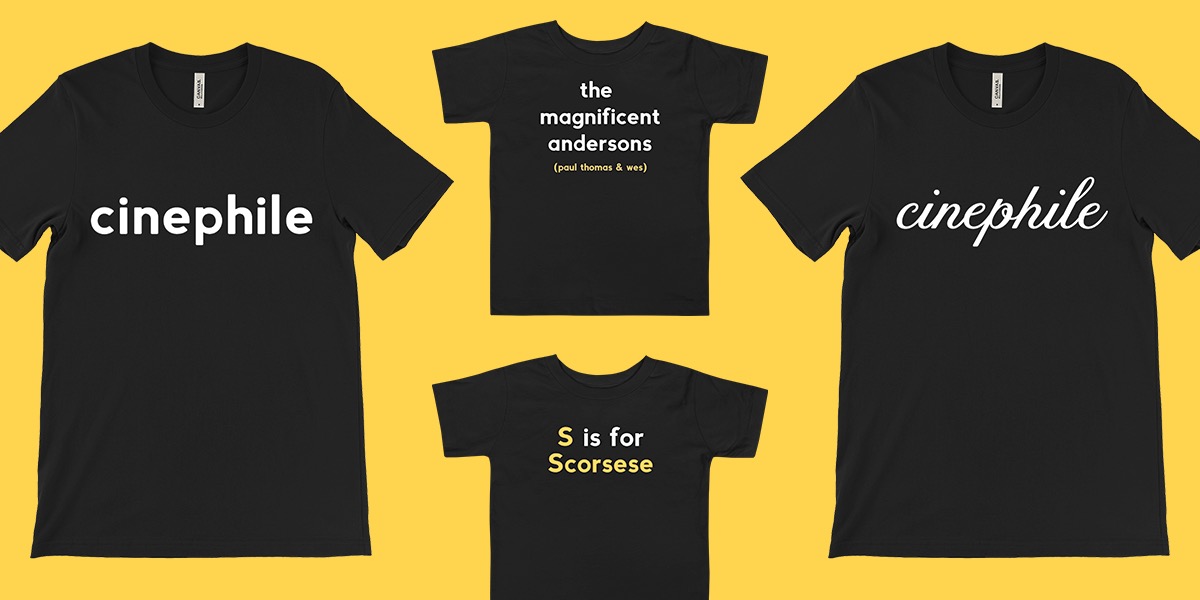

Arrive at your holiday parties in fashion with this set of t-shirts featuring female filmmakers and actors that deserve a great deal more acclaim, including Elaine May, Thelma Schoonmaker, Shelley Duval, Cheryl Dunye, The Wachowski sisters, Claire Denis, Lucrecia Martel, and more. – Jordan R.
MUBI subscription (including free 30-day trial)
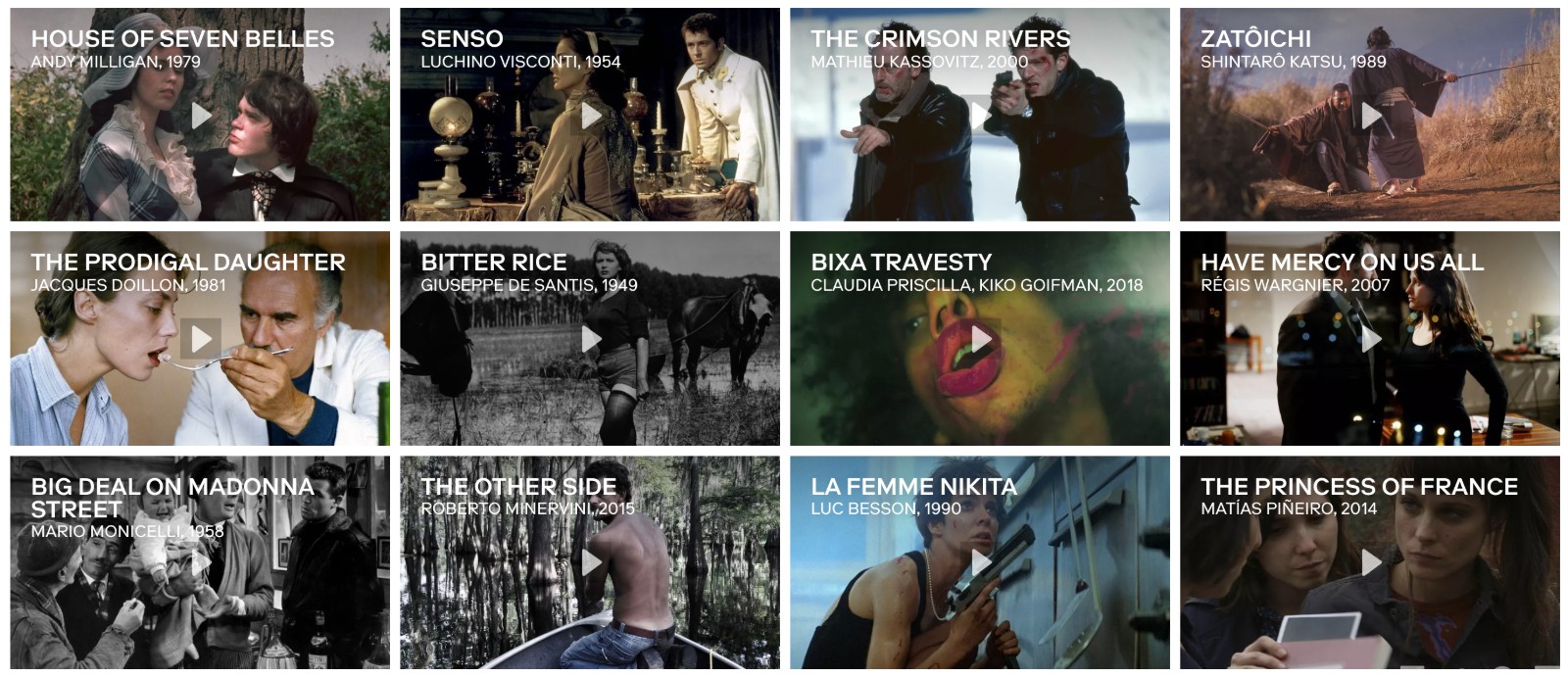
If you’re overwhelmed by the sheer amount of choices when it comes to the various streaming services, look no further than MUBI. With a constantly rotating list of 30 or so films, and a new one replacing the oldest each day, their platform features discoveries from both the United States and far abroad as well as exclusive runs and more. A quick glimpse at the current line-up and you have Luchino Visconti, Michael Haneke, Bertrand Bonello, Matías Piñeiro, and more. How’s that for variety? – Jordan R.
Parasite Score – Limited Edited “Peach” Vinyl
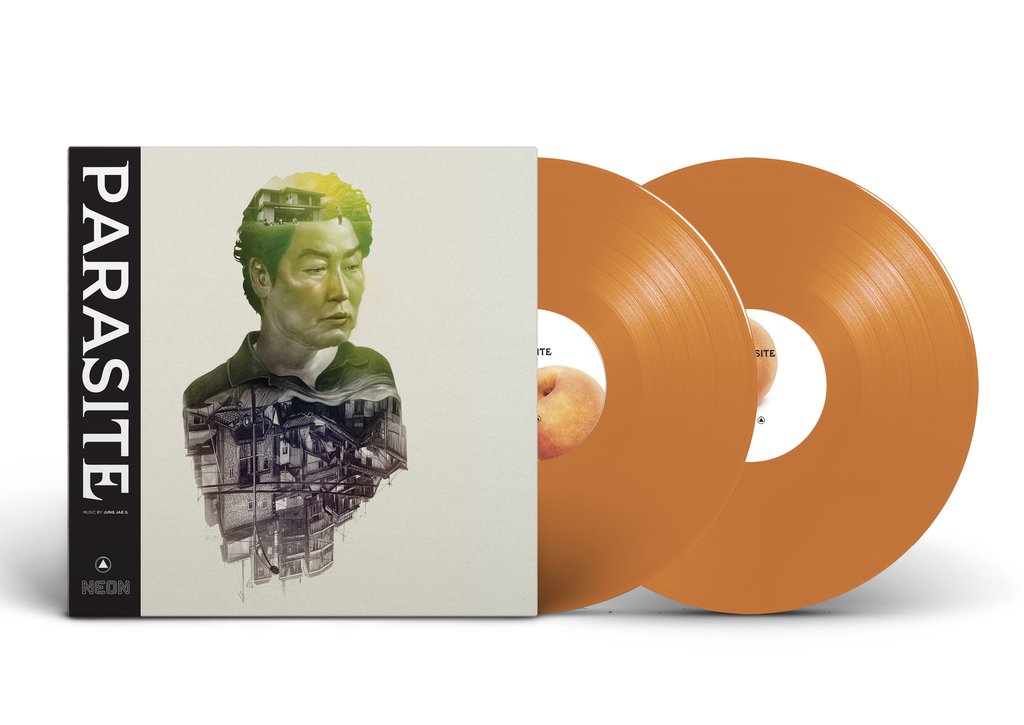
This one isn’t getting a release until late January, but it’s still worth mentioning as part of our holiday gift guide. Jung Jae Il’s score for Parasite is one of the best of the year and now it’s getting a special vinyl release via Sacred Bones. Coming in three varieties, there is the “Peach” color vinyl (500 copies), the Society-exclusive “Scholar’s Rock” color vinyl (150 copies), and the “Green Grass” color vinyl edition (2,000 copies). Here’s some brilliant insight from the composer himself on the closing song:
The final music that closes the film is “Soju One Glass.” Director Bong said that he wants the audience to crave a shot of soju as they leave the theater after watching the film. Soju, the cheapest Korean liquor, has been with the joys and sorrows of everyday Koreans for decades. I think he wanted the audience to leave the theater feeling bitter after facing the pain and helplessness of reality, woeful from Ki-woo’s impossible dream, and wanting to release the inexplicable frustration and disquiet this movie brings. To paint a picture of Ki-woo drinking soju while mulling over his unattainable dream, sleeping on the streets, and waking up to a lonely morning, the actor Choi Woo-shik sang the song himself and Director Bong wrote the lyrics. I haphazardly recorded the song with my guitar after sleeping on my studio floors, and I couldn’t recreate the rough recording’s sense of misery and shabbiness in the actual recording studio, so we ended up just using the demo version.
One can also pre-order the standard vinyl release here.
The Criterion Channel subscription

After launching earlier this spring, The Criterion Channel has become the gold standard for the finest streaming library one can find online. With a plethora of new films arriving every month as well a back catalog of essentials to catch up with, there are also bountiful special features to boot. As the streaming wars heat up, everyone else can battle it out but it’s quite clear who has the crown. – Jordan R.
Essential Discs
Once Upon a Time… in Hollywood (Quentin Tarantino)
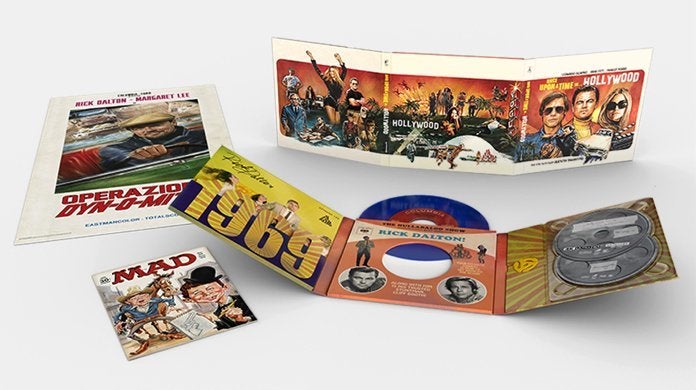
Quentin Tarantino’s ode to 1969 Hollywood, one of the best films of the year, has been given a deserving disc release. At the time of publishing, the limited 4K Ultra HD Collector’s Edition of the film pictured above (featuring a vinyl record, vintage poster, and MAD Magazine parody) is currently out of stock, but hopefully it will return soon. In the meantime, one can pick up the 4K, Blu-ray, or DVD release, which features over 20 minutes of deleted scenes, and more. Considering Quentin Tarantino doesn’t do commentaries of his own films, for the most part, this looks like the ultimate release and one we won’t have to double-dip down the line. – Jordan R.
Godzilla: The Showa-Era Films, 1954–1975
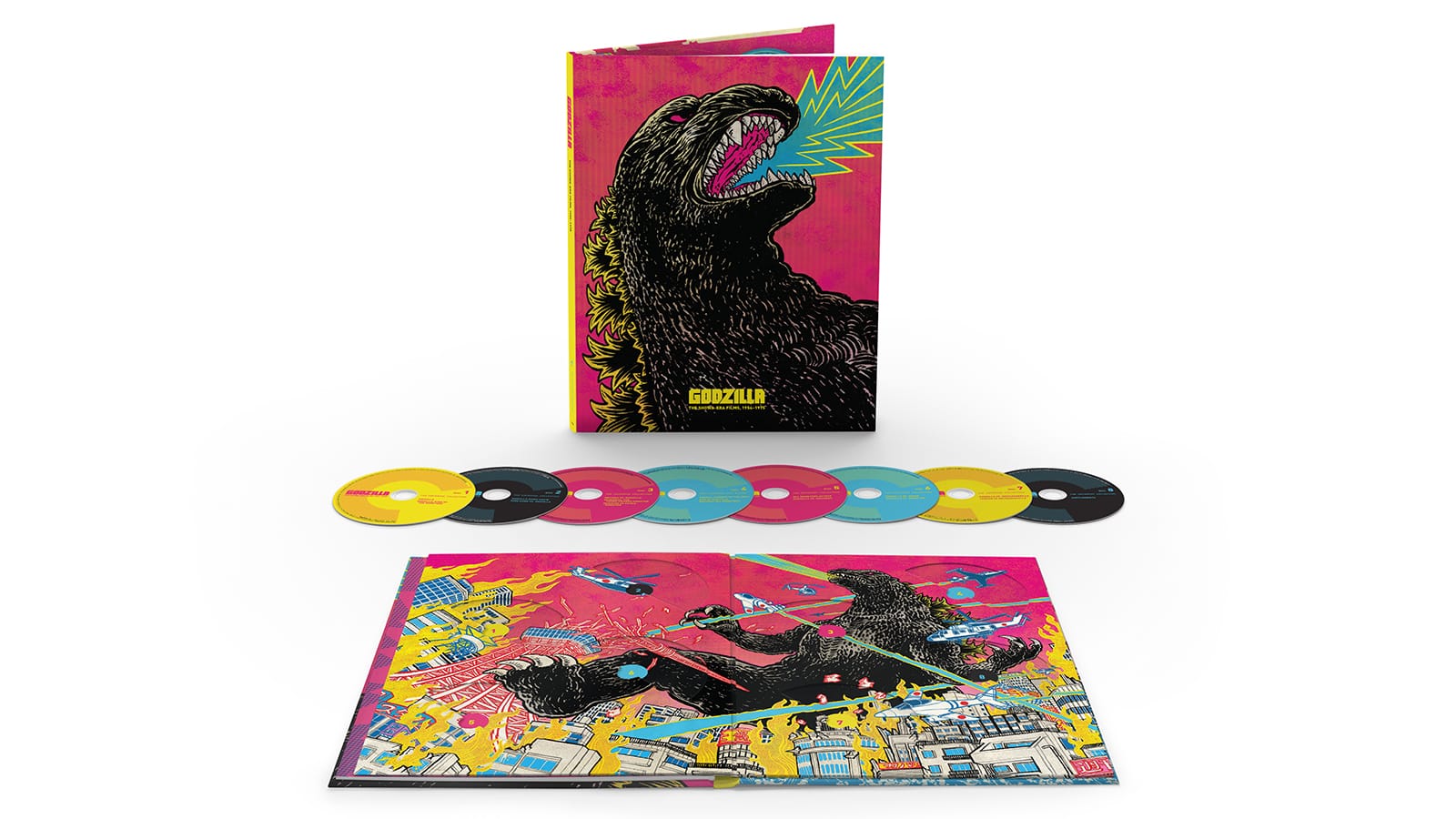
All Hail the Reptilian King! Just in time for the holidays, The Criterion Collection have given their #1000 spine to the King of the Monsters himself, the indelibly iconic Godzilla and the entire Showa era that his creator, Japanese auteur Ishirô Honda, was directly a part of. The incredible-looking set includes fifteen of his greatest adventures, digitally restored and filled with a monstrous plethora of extras that only a Criterion release can deliver, including audio commentaries, interviews with Ishirô Honda, documentaries both on the special effects as well as the nuclear tragedy that inspired Godzilla, and more, with enhanced Dolby surround sound that is fit for a king. The set also features a large hardcover book with essays by film historian Steve Ryfle and scores of notes along with gorgeous illustrations for each film from some of the best illustrators working today. So, be ready to create a Godzilla-sized space for your movie collection as he comes roaring into your living room this holiday season. – Margaret R.
Twin Peaks From A to Z (David Lynch)
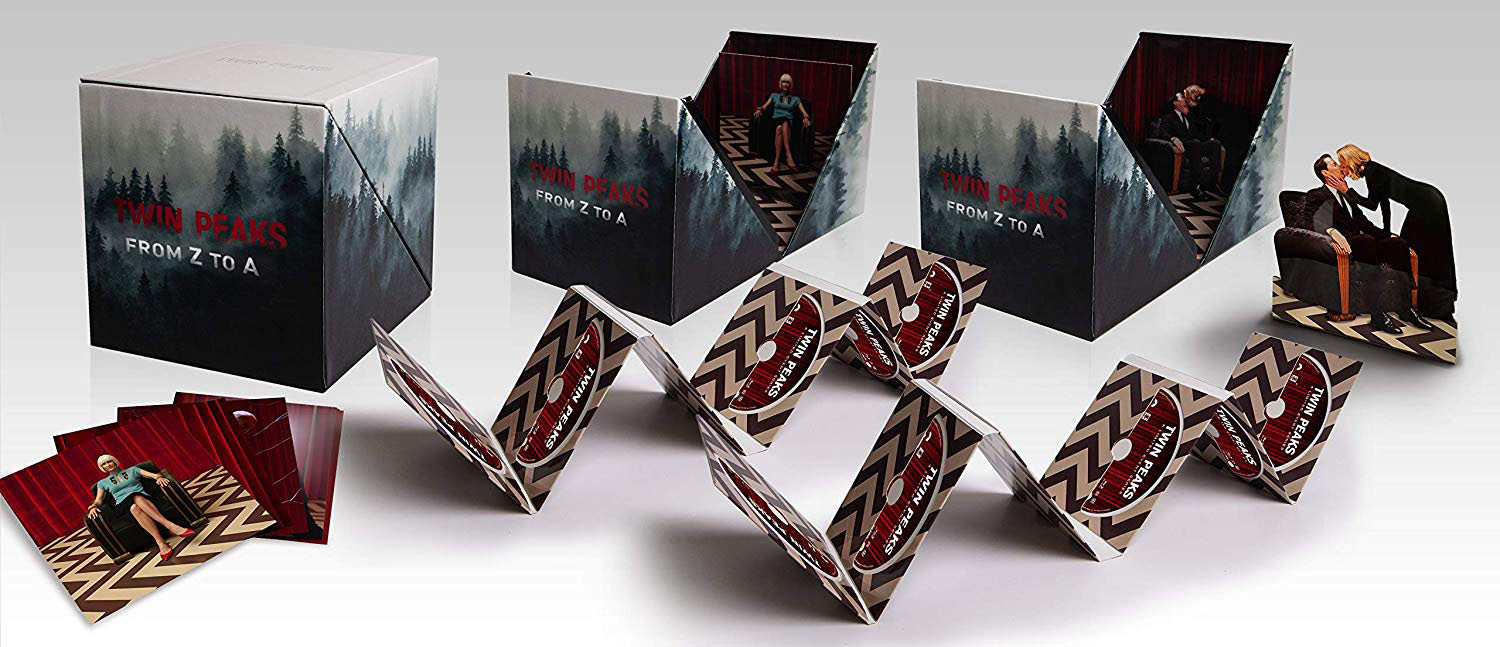
“Every day, once a day, give yourself a present.” Are you ready to return to Twin Peaks again? While it’s still up in the air if David Lynch himself may come back to his singular universe for a fourth season, a massive new box set offers everything one could ever want from the show–along with a bevy of new material. The 21-disc limited edition set Twin Peaks: From Z to A, which features the three seasons of the show, along with Fire Walk with Me and The Missing Pieces. Only 25,000 copies will be made of the set, which also includes six hours of new special features, with perhaps most notably, full-length, unedited versions of many of The Roadhouse Bar musical performances. On a special 4K UHD disc, there are also new ultra-high def transfers overseen by David Lynch of both versions of the 1990 Twin Peaks pilot, as well as Part 8 of A Limited Event Series. Damn fine coffee, indeed. – Jordan R.
Apocalpyse Now: Final Cut and The Cotton Club Encore (Francis Ford Coppola)
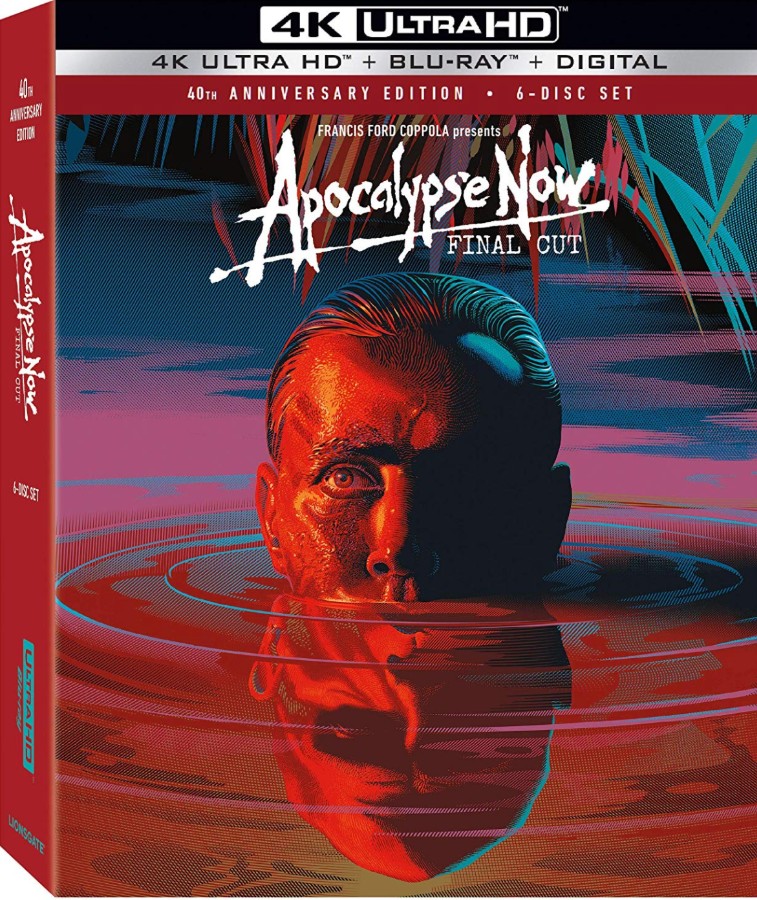
Odds say you’d mostly like to know what’s changed. With the caveat that I have not seen any iteration of Apocalypse Now in several years–his caveat itself qualified by an assertion that Apocalypse Now, seen at least a few times, sticks in the brain more than most things last viewed around that time–it’s safe enough to say this is, at close to three hours (new end credits included!), the beloved 1979 film with a retention of Redux‘s infamous French-plantation segment and an occasional splash of the other edit’s colors: the bit with Kilgore’s surfboard, perhaps some more Kurtz at his camp, several atmospheric shots. – Nick N. (full review)
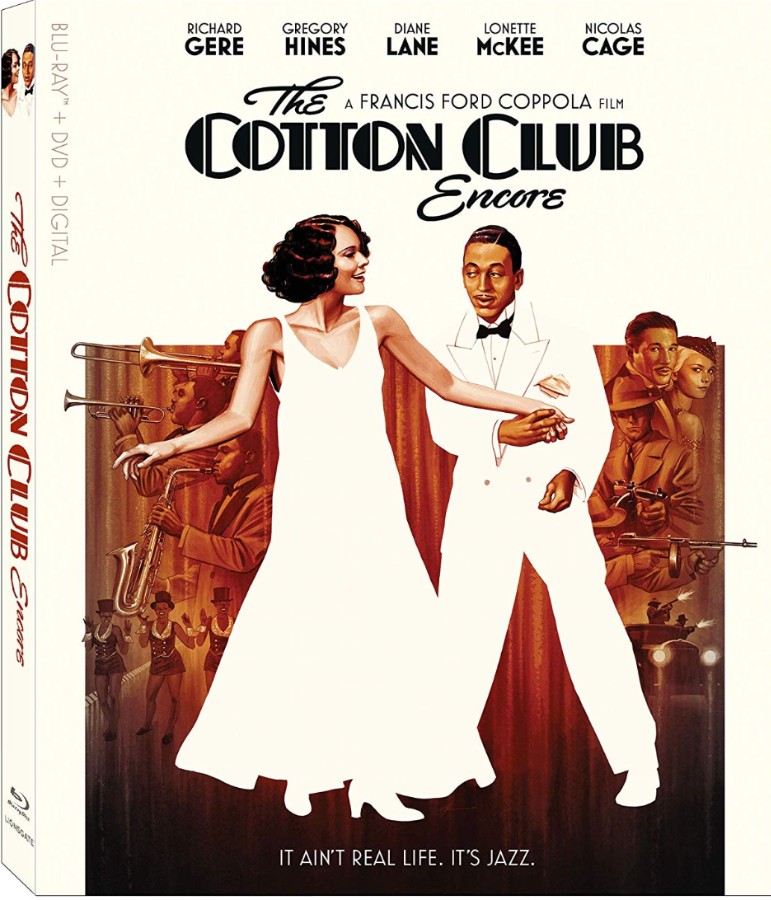
The Cotton Club, Coppola’s sprawling tapestry of the Harlem Prohibition-era jazz scene, titled after the legendary club at its center, is simultaneously a prime example of both the filmmaker’s prowess with visual and narrative experimentation later on in his career, and of the tragic circumstances that brought about his fall from mainstream celebration. Perhaps unfairly maligned as a result of both its chaotic production and box office failings (and in spite of its share of critical praise), the original iteration of The Cotton Club finds its vast amount of talent–both on and off the screen–unfortunately overshadowed by evident studio interference, budgeting limitations, and traditional blockbuster expectations. Simply put: its messiness is distracting, even if it does come off an intentional and integral aspect of the work. The Encore, recovered from an old Betamax copy of the film with about twenty additional minutes of footage, restored to modern audiovisual standards, and self-financed for $500,000, improves on the number of flaws present in the original and generally allows the movie to be revisited with the grandeur of which it initially promised. – Ryan S. (full review)
Long Day’s Journey into Night (Bi Gan)
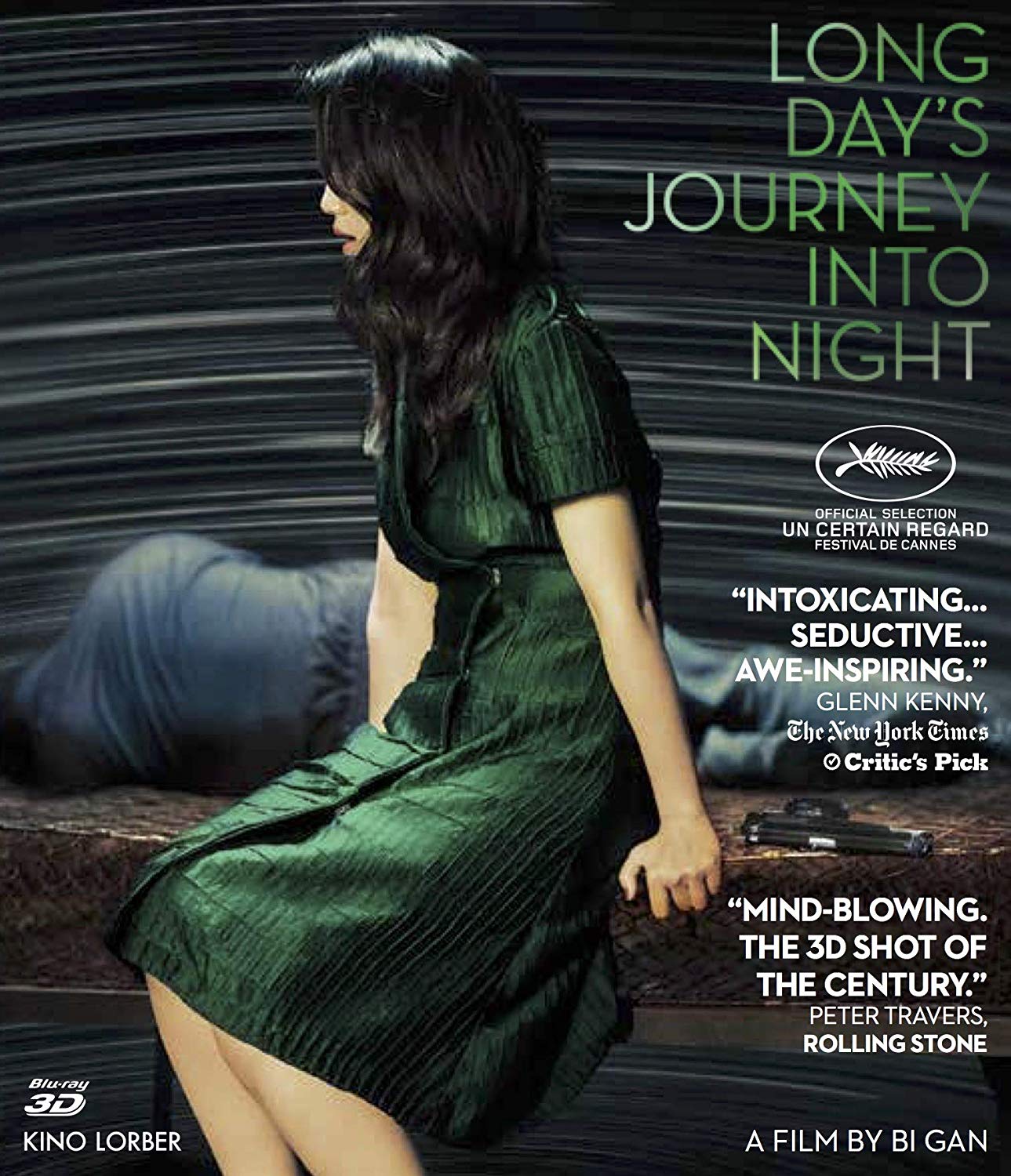
One of the most staggering cinematic experiences I’ve had in the last few years was Bi Gan’s transportive, dreamlike odyssey Long Day’s into Night. While much ink has been spilled over its astounding hour-long 3D single take through multiple towns and above, the rest of the film is just as ravishing as we follow (though that word is loosely defined in meditative ways) a detective’s journey to track down a mysterious woman. Influences from Wong Kar-wai to Andrei Tarkovsky are present, but this young director establishes a voice all his own, a remarkable feat just two films in. This Blu-ray disc release includes the feature in both 3D and 2D, as well as interviews with the director and star Huang Jue and a making-of documentary. – Jordan R.
The Koker Trilogy and 24 Frames (Abbas Kiarostami)
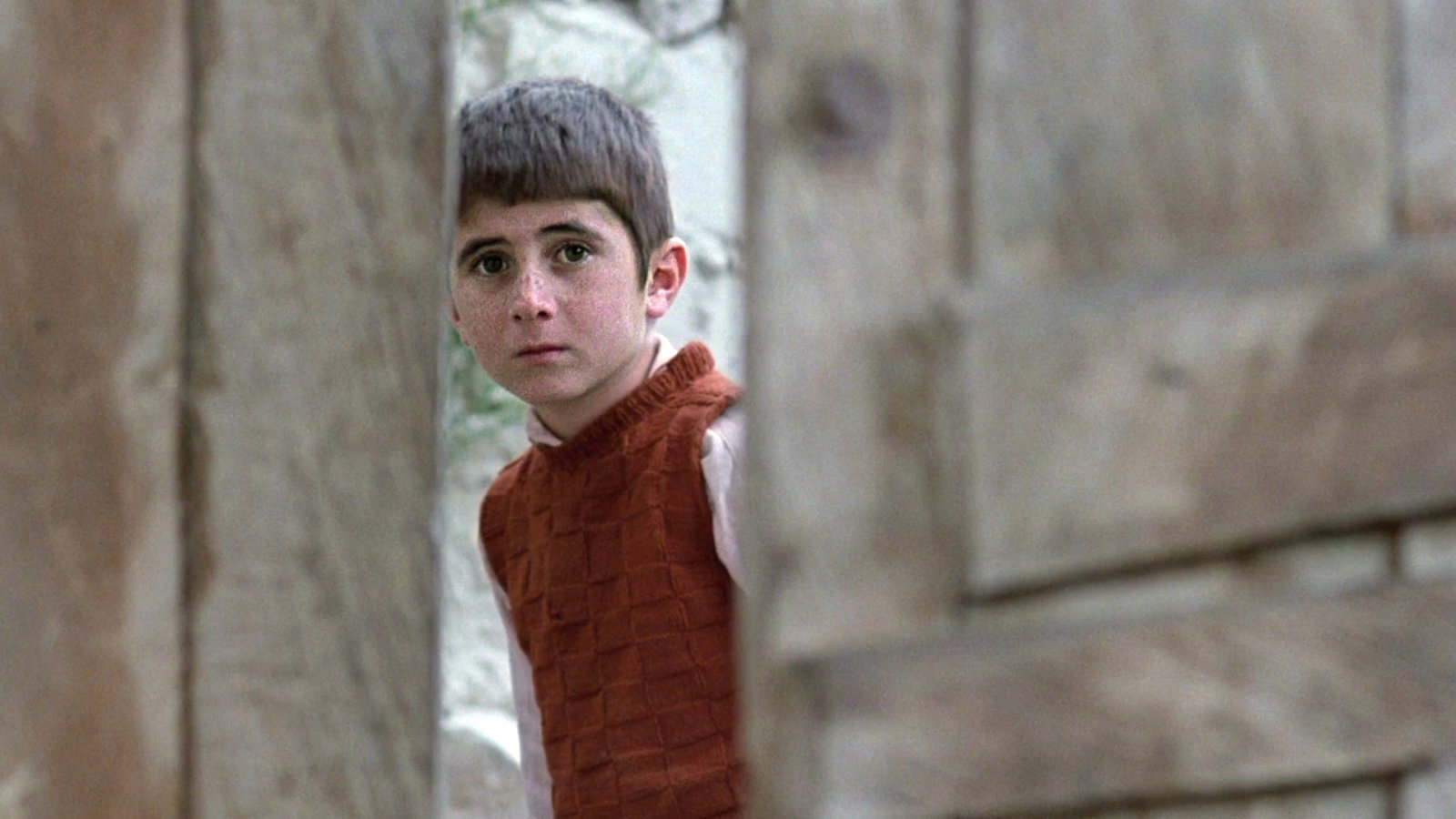
One of Abbas Kiarostami’s greatest achievements is now on a gorgeous box set via The Criterion Collection. The Koker Trilogy, made up of Where Is the Friend’s Home?, And Life Goes On, and Through the Olive Trees, is an ever-expanding, playful look at storytelling at large as well as Iran at the time. Also included on the disc is a plethora of extras, including conversations with Kiarostami and his son Ahmad Kiarostami. At the beginning of the year, Criterion also released Kiarostami’s beautifully somber swan song, 24 Frames, one of my favorites of the decade. As the late Iranian filmmaker questions and plays with the very foundations of what we perceive filmmaking to be, it builds to a superb, chilling farewell and a towering culmination of a life’s work. – Jordan R.
Transit (Christian Petzold)
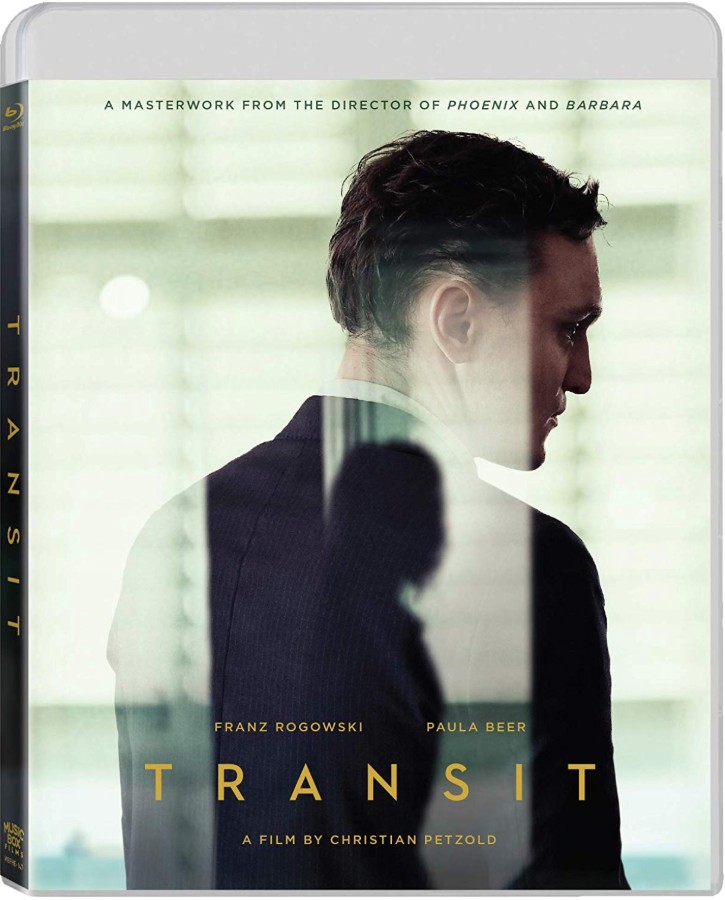
Christian Petzold’s Transit made its world premiere back at Berlinale 2018, where Ed Frankl said it “ranks as a rare period piece that utterly gets under the skin of contemporary concerns. It’s an engrossing, uncanny and somewhat disturbing film, and completes something of a trio of historical melodramas after Barbara and his worldwide hit Phoenix, but develops the themes of those in an adventurous, if oblique, way.” The film received a U.S. release this past year, so I can now rank it as my #1 film of 2019, and now Music Box Films have put out a nice Blu-ray release, which includes a making-of-documentary, Q&As with the director, star Franz Rogowski, and more. – Jordan R.
Touchez pas au grisbi (Jacques Becker)
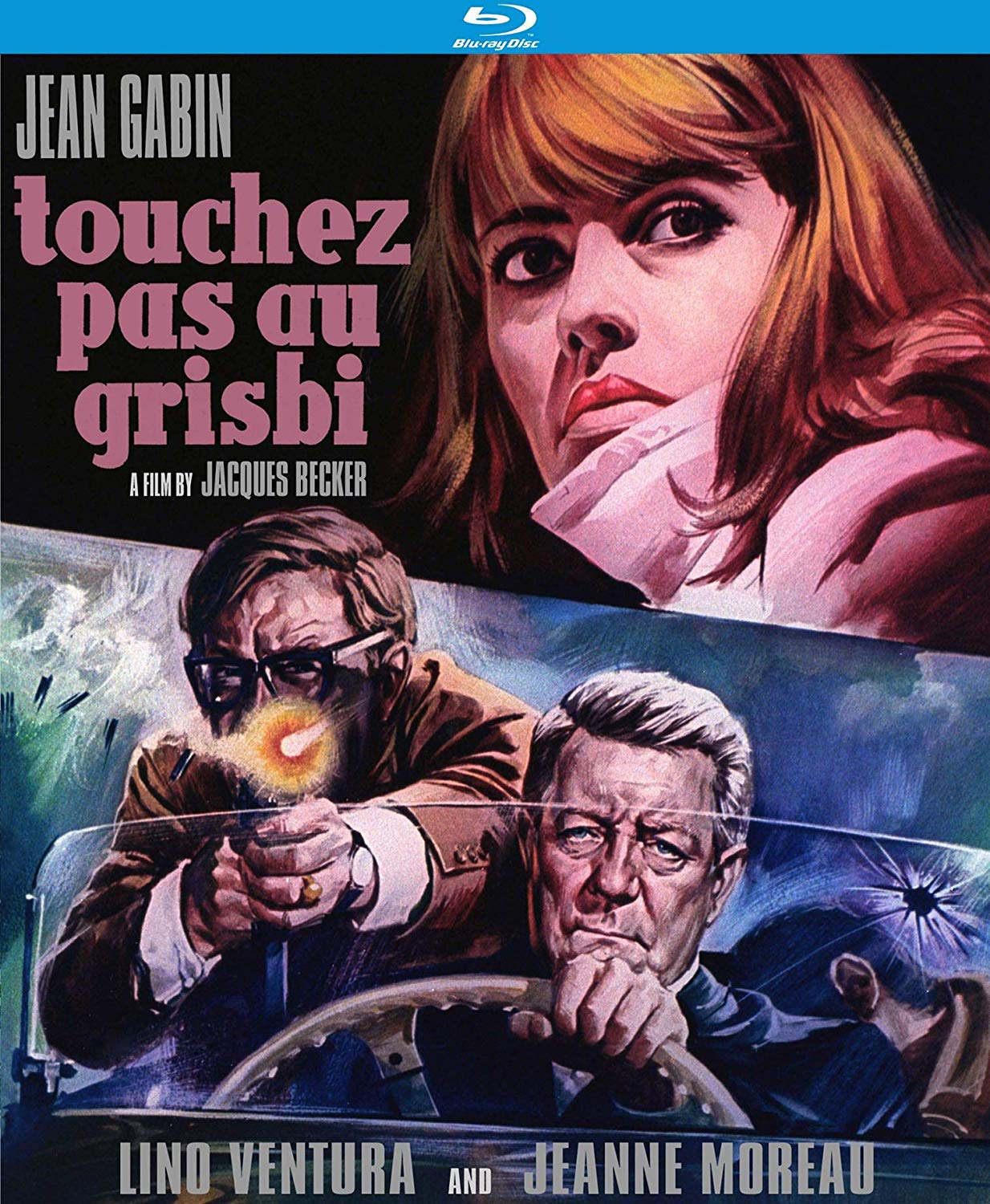
As you stream The Irishman, why not watch the biggest influence on the film? “Then I showed a film called Touchez pas au grisbi, which means ‘Don’t touch the loot,’ which is a very famous early ’50s French gangster film with Jean Gabin,” Scorsese said, speaking to what he screened to the cast and crew. “When I was shooting [Robert De Niro] in Casino I felt he was taking on the stature of a late-to-middle-age Gabin. He had a lot of power to him but he had a serenity to him too and a coolness. Bob I felt was getting that way in Casino. Grisbi has a similar [theme] in the sense that they are older gangsters in Paris and they are getting involved in stuff they don’t want to get involved with. It’s really the tone, but I like the Gabin feeling of his deportment, how he presented himself.” – Jordan R.
Klute (Alan Pakula)
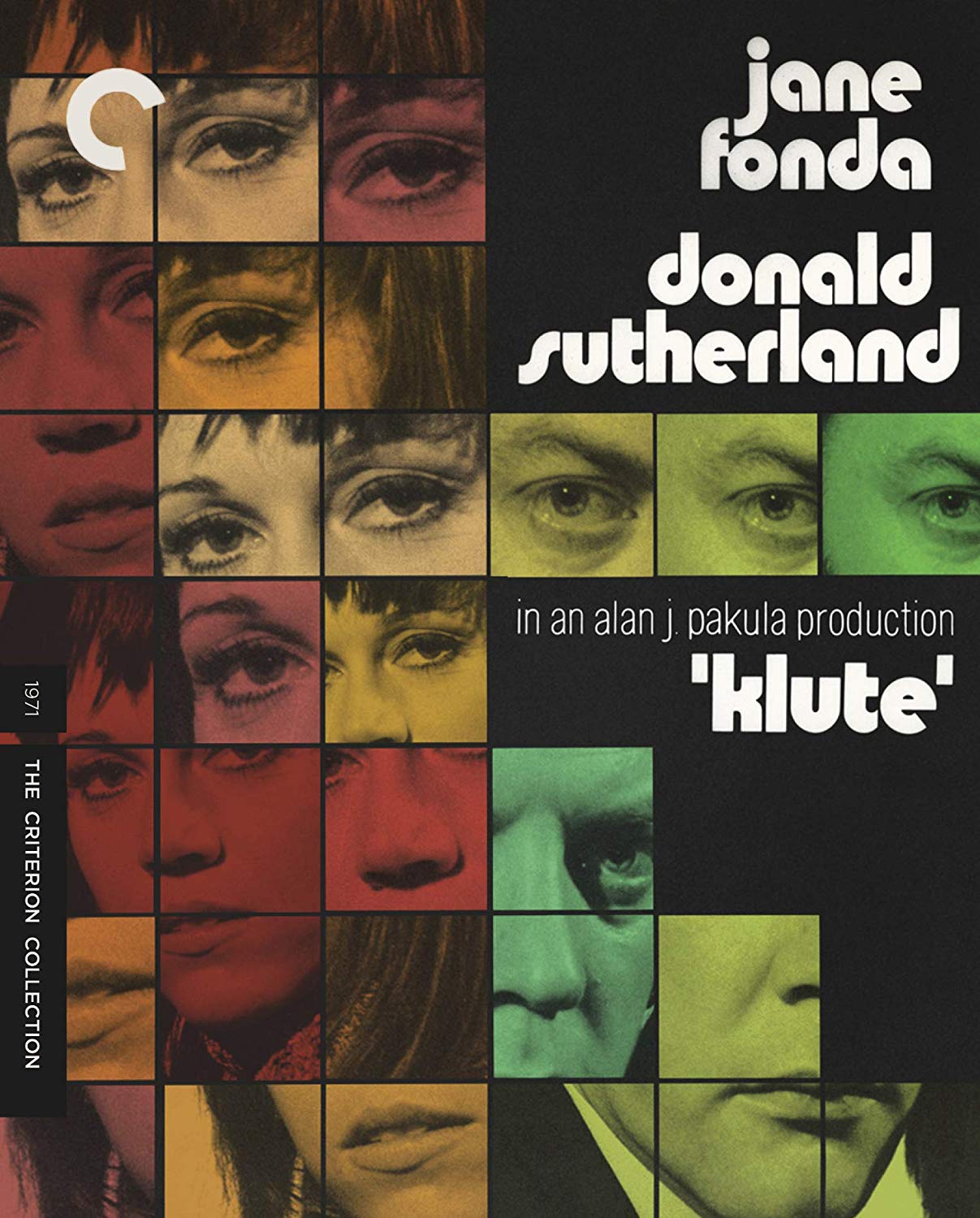
Alan Pakula’s 1971 neo-noir Klute, widely regarded as the first and most overlooked of the director’s 1970s “paranoid trilogy” which also includes The Parallax View and All the President’s Men, is a phenomenally tense, haunting and deliberate detective thriller. Klute leverages two intense lead performances from Donald Sutherland and Jane Fonda cast as perfect foils: a stoic, repressed private dick visiting New York City in search of a missing friend, and an outspoken, libertine call girl and aspiring actress who may be connected to the case. Fonda’s performance was met with emphatic critical acclaim at the time, culminating in an Academy Award, and for good reason: her antiheroine Bree is one of the most multilayered and intriguing femme fatales in all of cinema, a child of the sexual revolution who is simultaneously empowered and enslaved by her pursuit of economic and sexual “freedom.” Sutherland’s detective Klute, by contrast, is a morose, chiseled monument to anti-charisma, a rejoinder to Humphrey Bogart-esque stoic machismo, whose perpetual silence is both reassuring and unnerving as Bree endeavors to deconstruct his icy persona. – Eli F. (full review)
Columbus (kogonada)
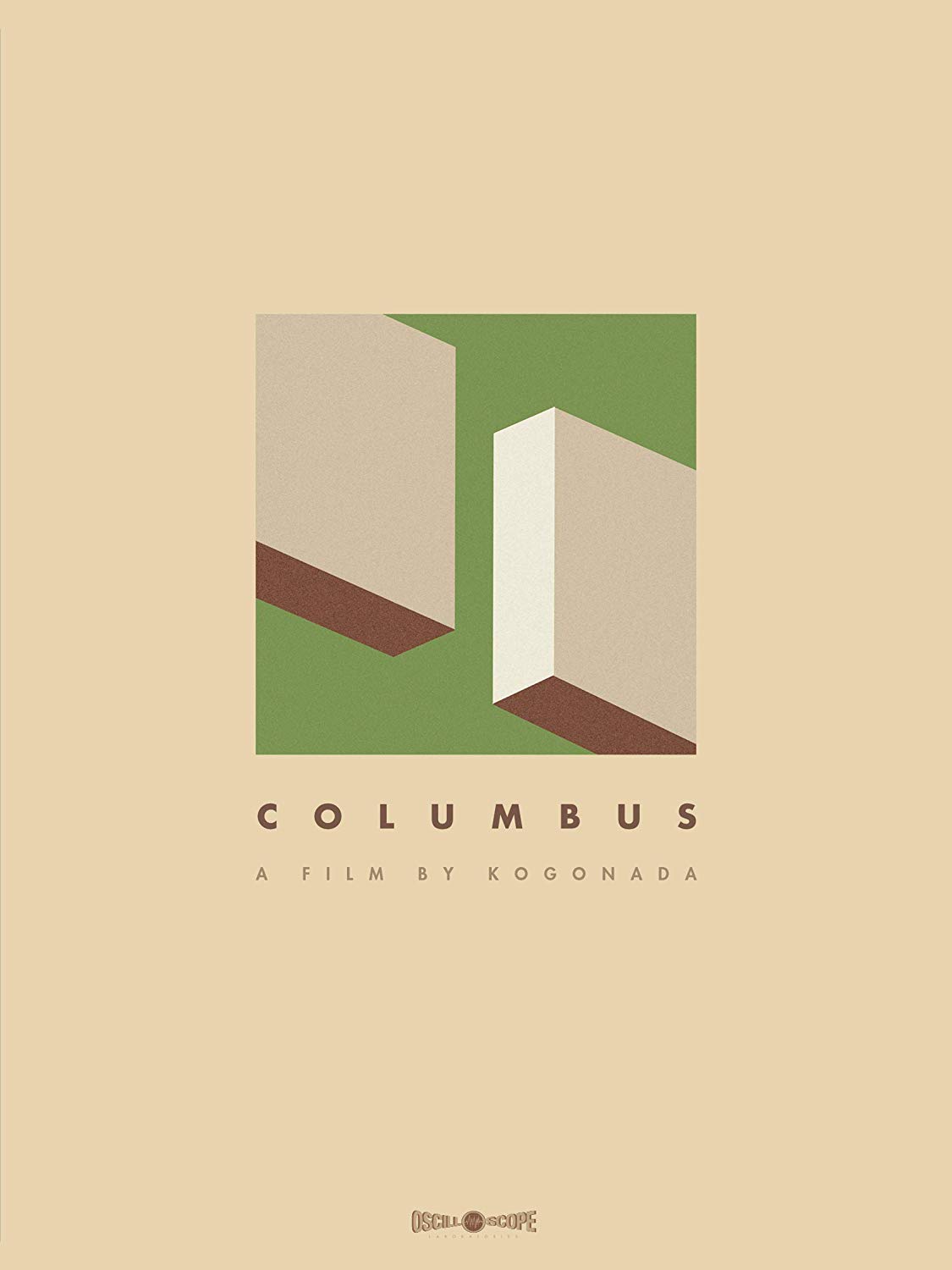
An impeccably composed drama of quiet humanity and curiosity, kogonada’s debut Columbus finally got a Blu-ray release earlier this year, ahead of his follow-up arriving next year. Before the title appears, we see the father of Jin (John Cho) fall to the ground in Columbus, Indiana, where he was due to give a talk about the city’s remarkable modernist architecture. Now in a coma, his estranged son comes from Seoul to be by his side, but with no signs of improvement, Jin begins to explore this city as a distraction, where he walks through these resplendent buildings in search of inner peace. The elegance and history of these locales is also the subject of fascination for Casey (Haley Lu Richardson), who is currently avoiding taking the next steps of education in her life because of a guilt to stick around for her mom, who is a recovering meth addict. – Jordan R.
An Elephant Sitting Still (Hu Bo)
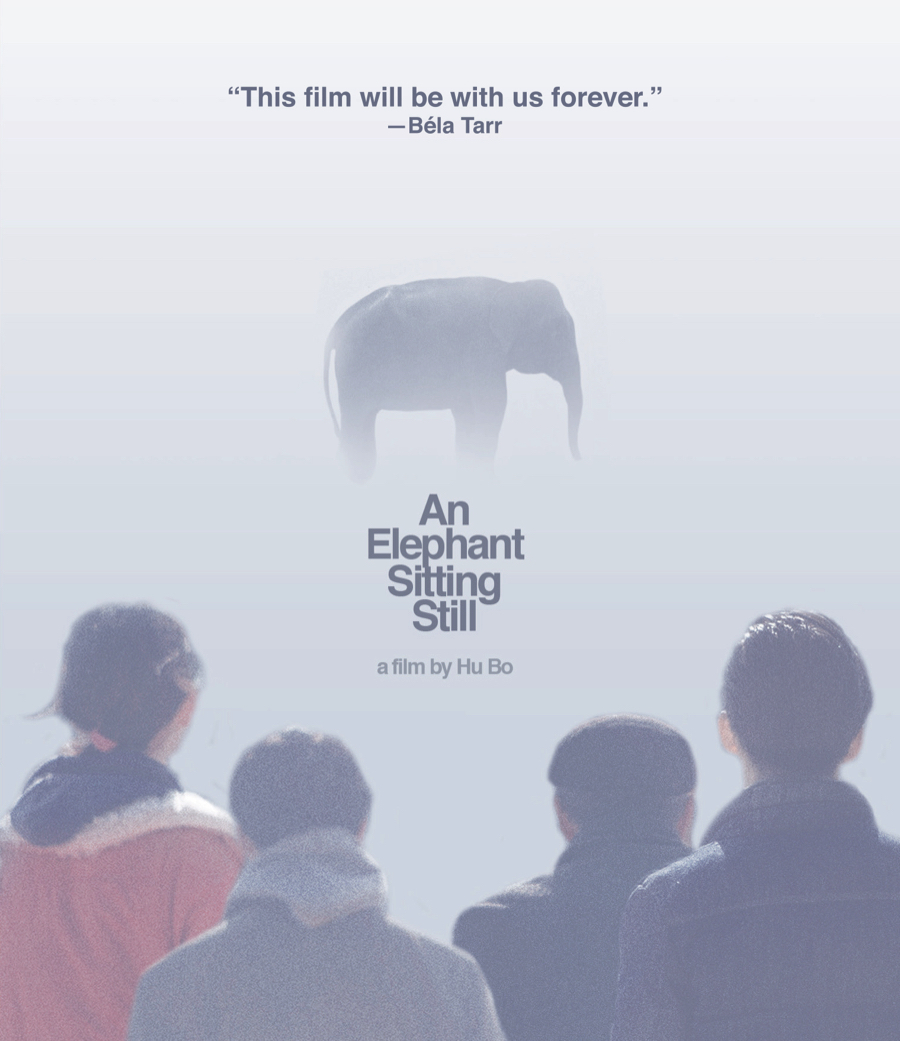
Though in many respects unpolished, late Chinese director Hu Bo’s first–and only–feature is a cry into the void so raw and resounding it shakes you out of a stupor you never even realized. The breathlessly long set pieces build up a sense of suffocation in real time, while the subtle music and camerawork evoke the constant, unspoken despair of a billion nobodies. This is the work of a keenly observant storyteller who bared his last outrage on screen and who probably proved too perceptive for the moral bankruptcy of this world. – Zhuo-Ning Su
War and Peace (Sergei Bondarchuk)
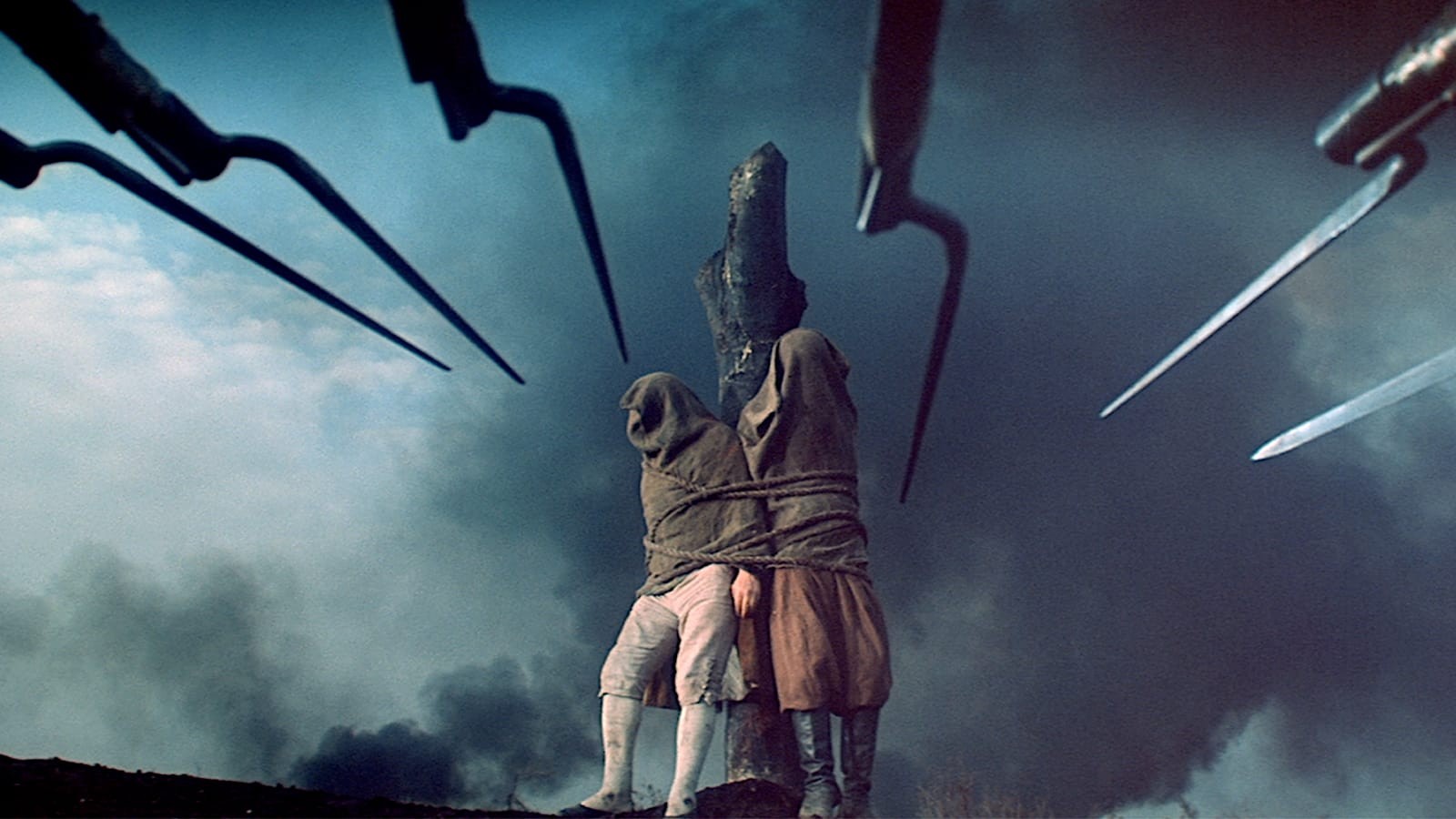
The most expensive Soviet film in history has been stunningly restored. Sergei Bondarchuk’s seven-hour-plus drama War and Peace, of course adapting Leo Tolstoy’s classic novel, has been given an update courtesy of Mosfilm Cinema Concern and Janus Films. I had the chance to experience it in full in theaters this past winter and it’s certainly the most epic film I’ve ever seen, with its jaw-dropping action sequences and scenes of gallant high society, making for an ideal all-day viewing on a cold winter night. – Jordan R.
Burning (Lee Chang-dong)
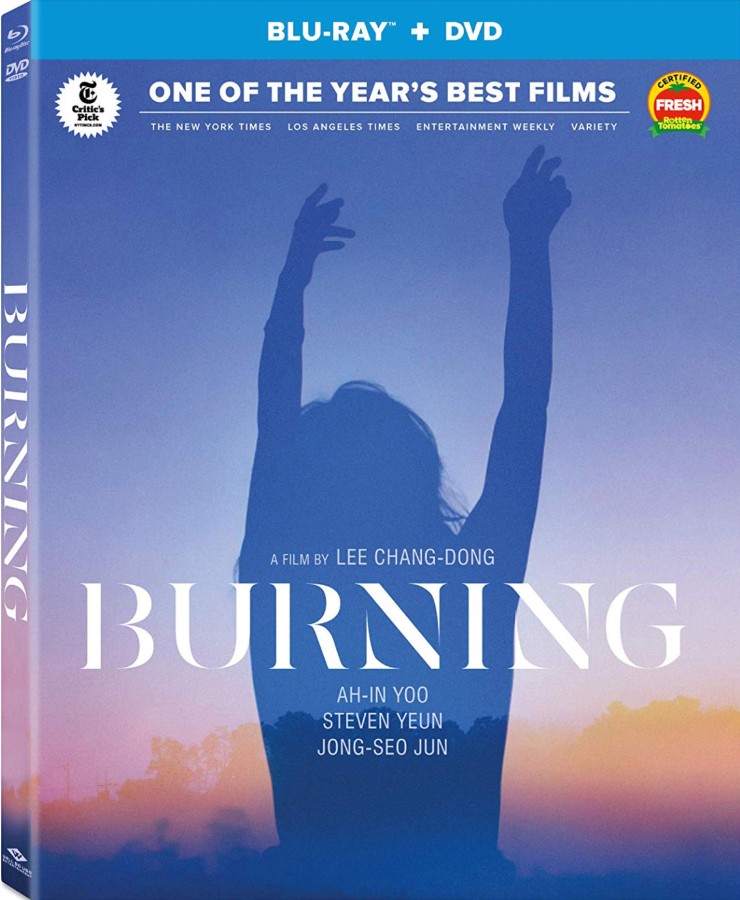
After Poetry, it makes sense that Lee Chang-dong would find himself interested in deconstructing another literary genre: the murder mystery. Adapting Haruki Murakami’s short story “Barn Burning” for the screen, the South Korean master has created something that feels akin to a real page turner, with each cut, the tensions, and the mystery rise as we become desperate to know whatever happened to Shin Hae-mi (Jeon Jong-seo), the young woman who went missing, leaving her childhood friend Lee Jong-su (Yoo Ah-in) searching for her. With pulpy characters, including a delicious Steven Yeun as a mysterious Gatsby-like figure, and a dark sense of humor, the film also serves as a study of class and the way in which the lives of the have-nots become cute anecdotes for the haves. Like in the greatest literature, the filmmaker allows for sumptuous moments in which the images wash over us in the same way we revisit our favorite passages in books we love. – Jose S.
Ash is Purest White (Jia Zhangke)
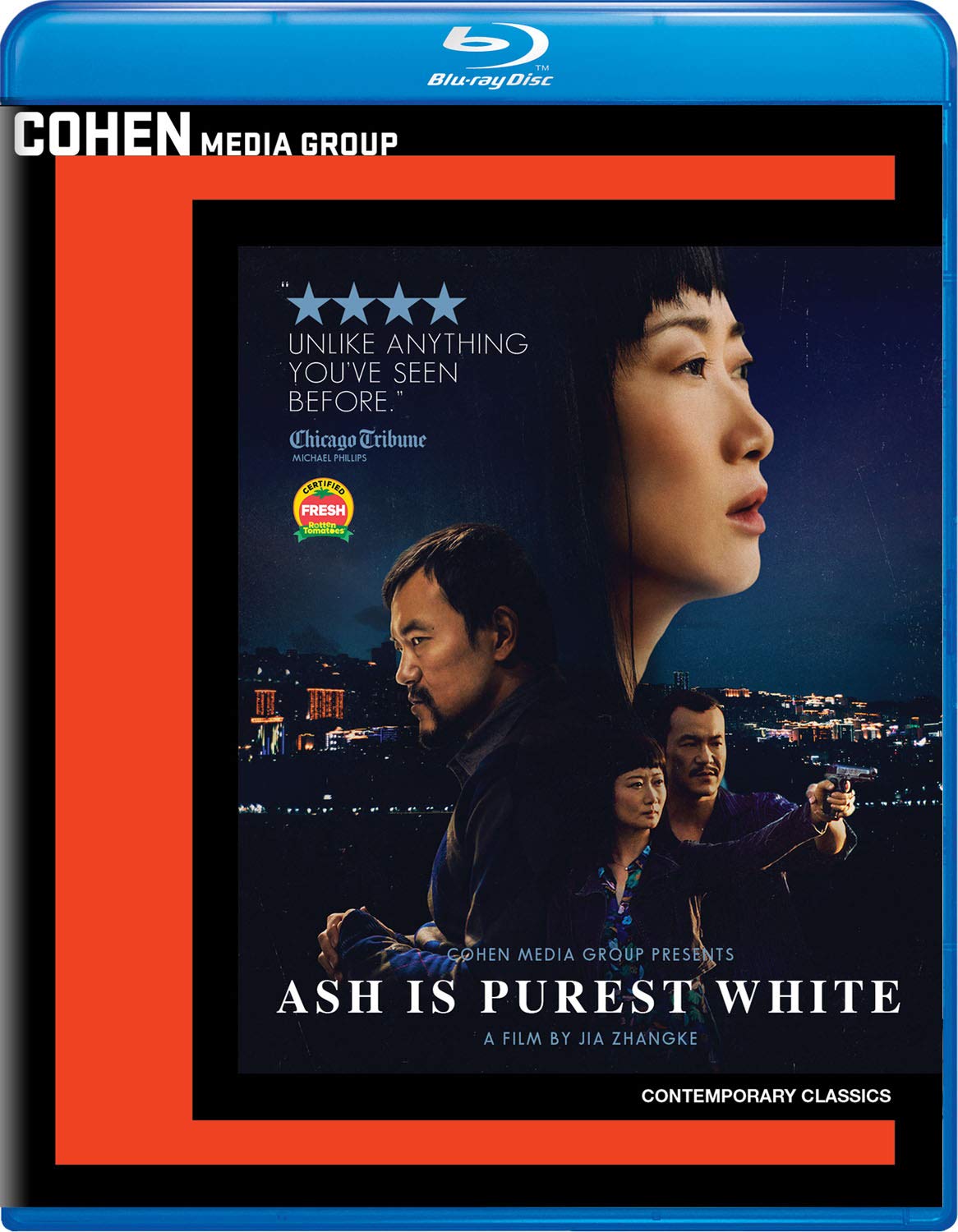
For over two decades the filmmaker Jia Zhangke has, through his movies, shown Western audiences a barometer of life in 21st Century China. Ash is Purest White was both the most expensive and, arguably, least political film that Jia has made (read into that what you will) but it was also his most shape-shifting, adventurous and heart wrenching work, too. The director’s partner Zhao Tao provides that heartbeat as the wife of an absent mob guy who goes on an odyssey to find him. The film–and perhaps the world of Jia itself–would simply evaporate without her. – Rory O.
Ad Astra (James Gray)
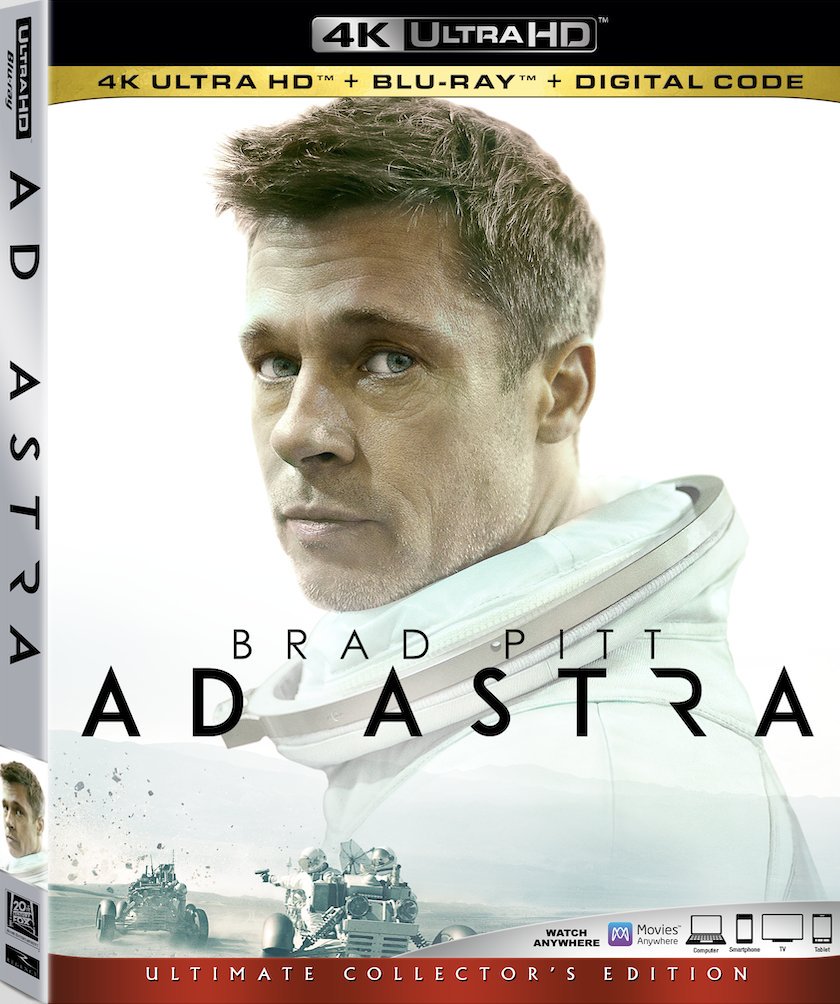
The best present of the year is arriving at the very end of the year: a new feature-length audio commentary from James Gray. Indeed, the Ad Astra disc releases include what is sure to be a hugely entertaining listen (as well as deleted scenes with commentary), not to mention the film itself, which sets a high bar in Hollywood for auteur-driven sci-fi epics of immense scale that contain a beating heart. Rory O’Connor said in our review, “It is a remarkable production: Hoyte van Hoytema’s cinematography finds beauty in the glares and shadows; Pitt commands the screen with little more than nice uniforms and pure charisma; Max Richter and Lorne Balfe provide a characteristically moving score. The sets alone are a treasure trove of retro-futurist design, a blend of the late ’60s utopianism of movies like 2001 alongside the weathered tech of Christopher Nolan’s Interstellar. (Hoytema shot both, making Nolan’s film an auspicious presence throughout. Donald Sutherland even arrives in the Michael Caine role.)
More of the Best Disc Releases of 2019
Alphaville
The Bad and the Beautiful
Berlin Alexanderplatz
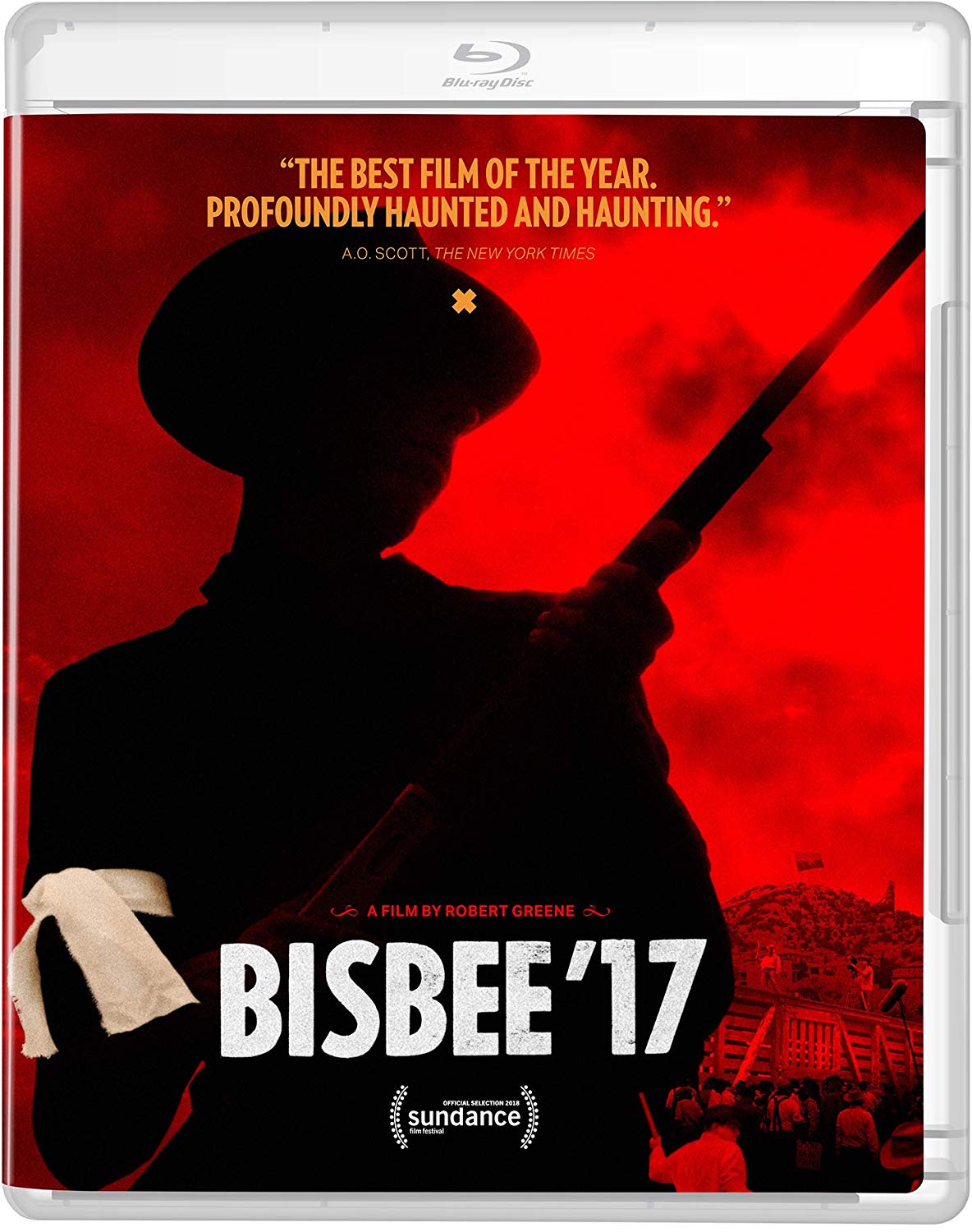 Bisbee ’17
Bisbee ’17
Bob Le Flambeur and Le Doulos
Black Mother
Blue and The Garden
Blue Velvet
The BRD Trilogy
Broken Flowers
Charley Varrick
The Cloud-Capped Star
Cluny Brown
Detour
Do the Right Thing
 Dogtooth and Alps
Dogtooth and Alps
Far From Heaven
Great Day in the Morning
Her Smell
Hitchcock: British International Pictures Collection
Hotel by the River
House of Games
Ida Lupino: Filmmaker Collection
Khrustalyov, My Car!
Kundun
Last Year at Marienbad
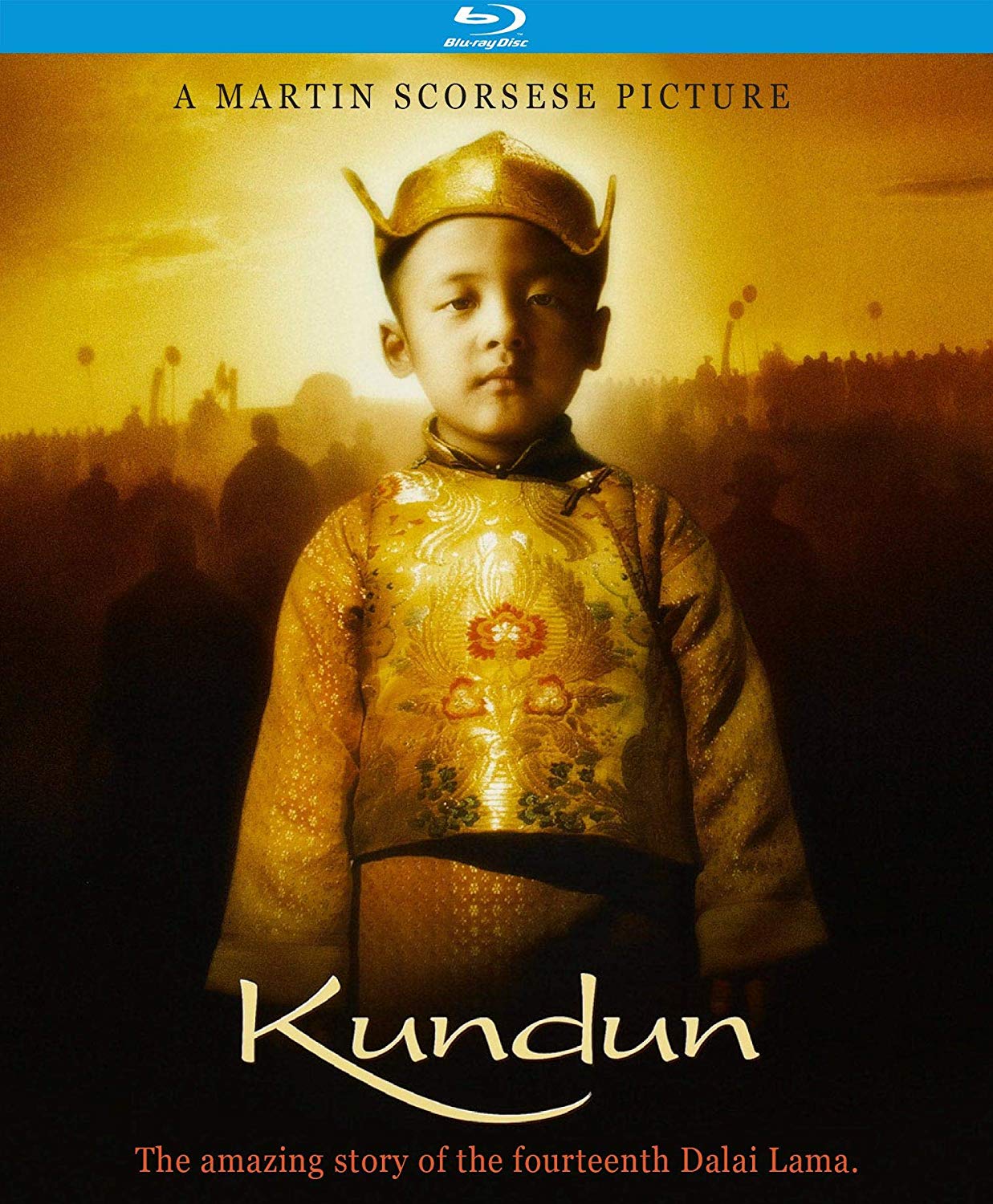 Let the Sunshine In
Let the Sunshine In
Local Hero
Old Joy
Police Story and Police Story 2
Popstar: Never Stop Never Stopping
Port of Shadows
Putney Swope
Thirst
Thunderbolt and Lightfoot
The Shining 4K
Under the Silver Lake
Until the End of the World
Wanda
Explore our holiday gift guide on Amazon.

